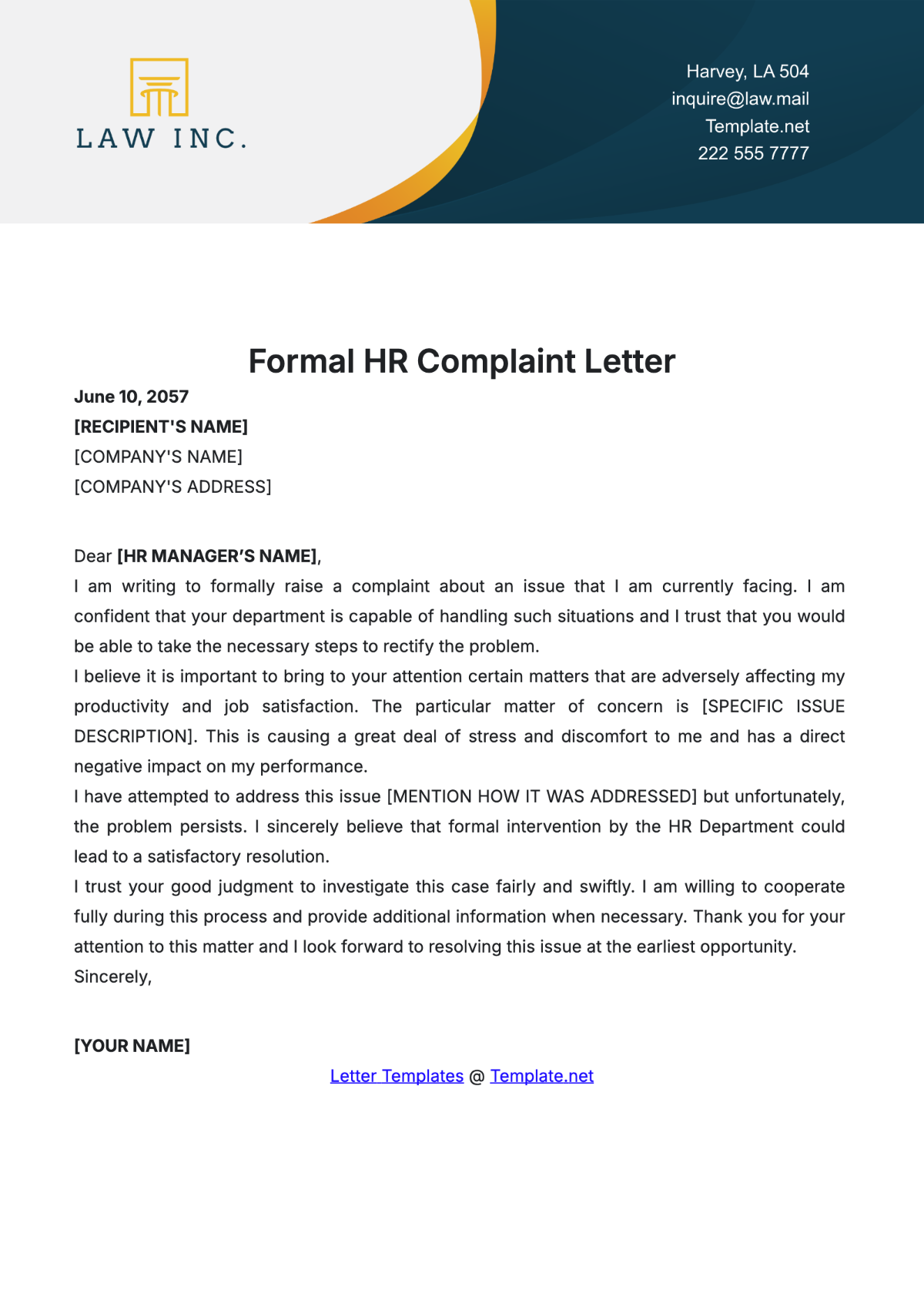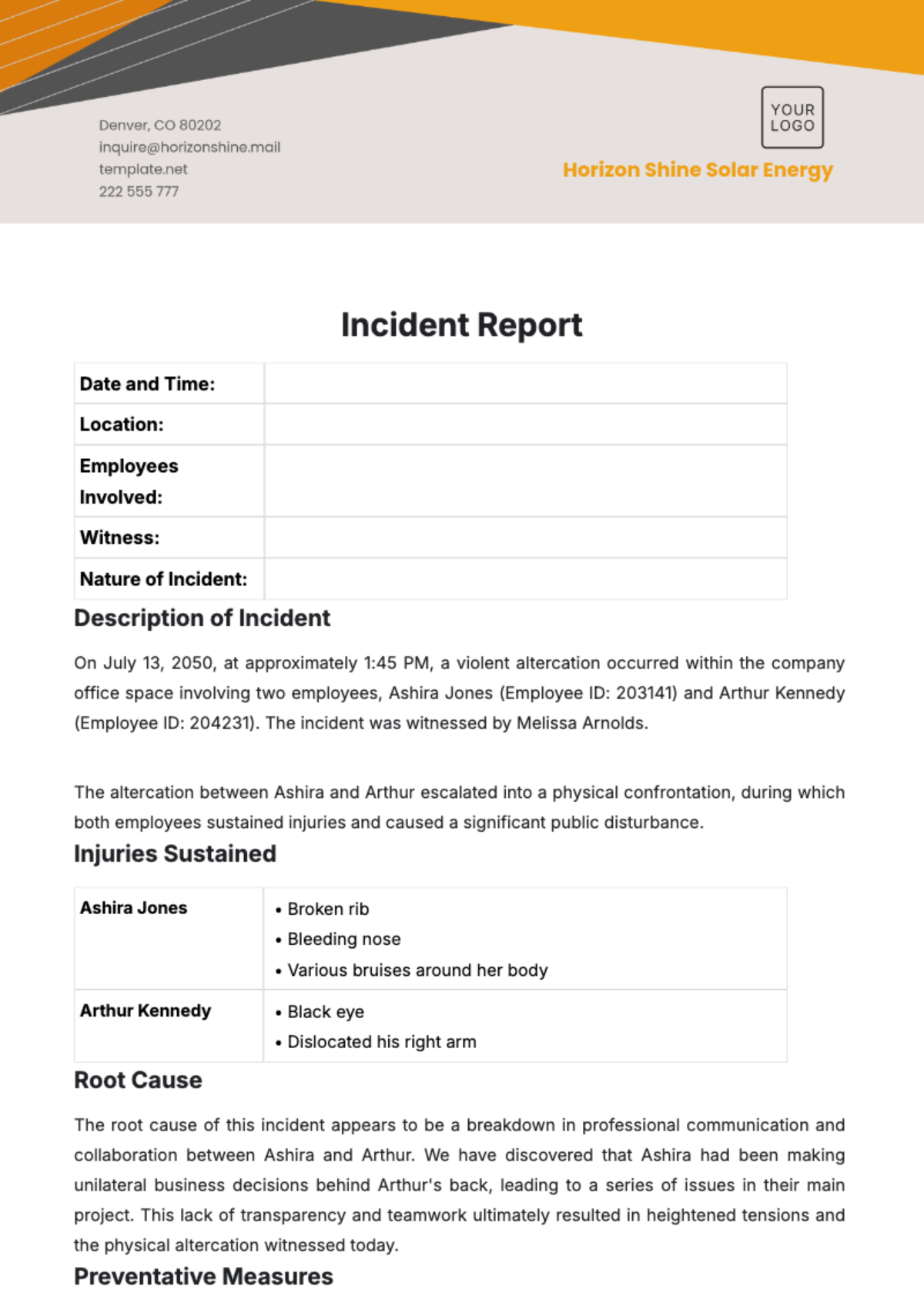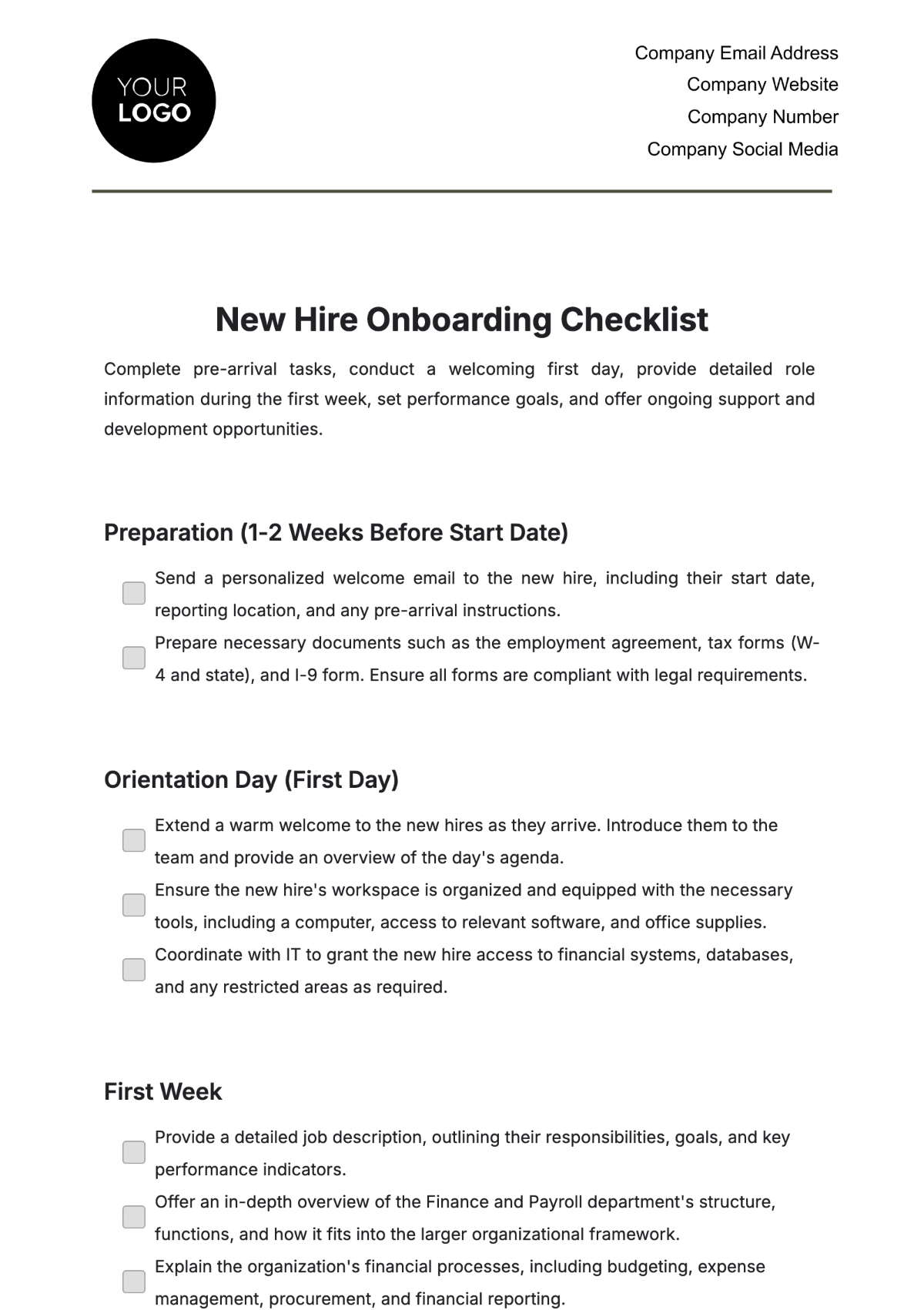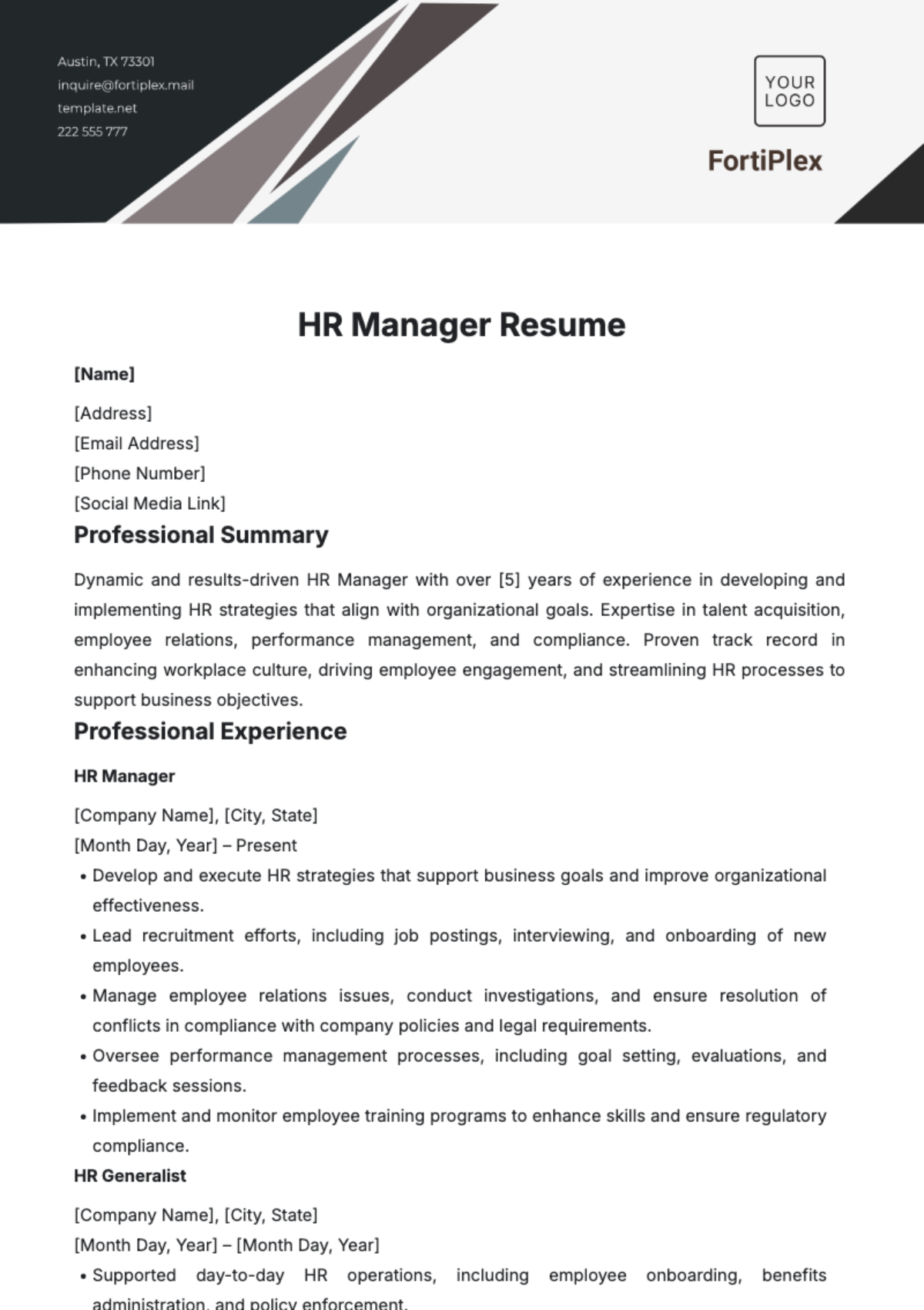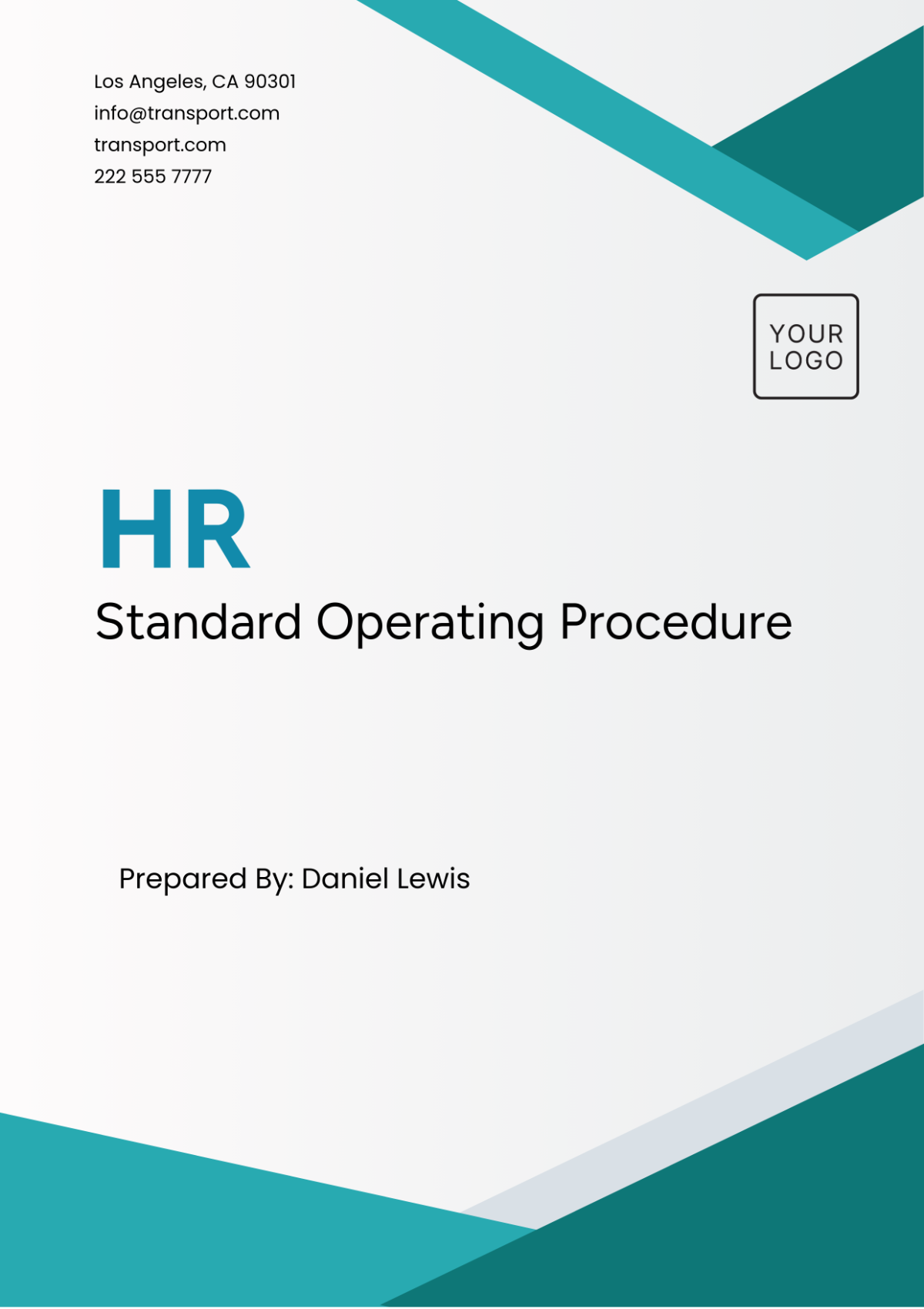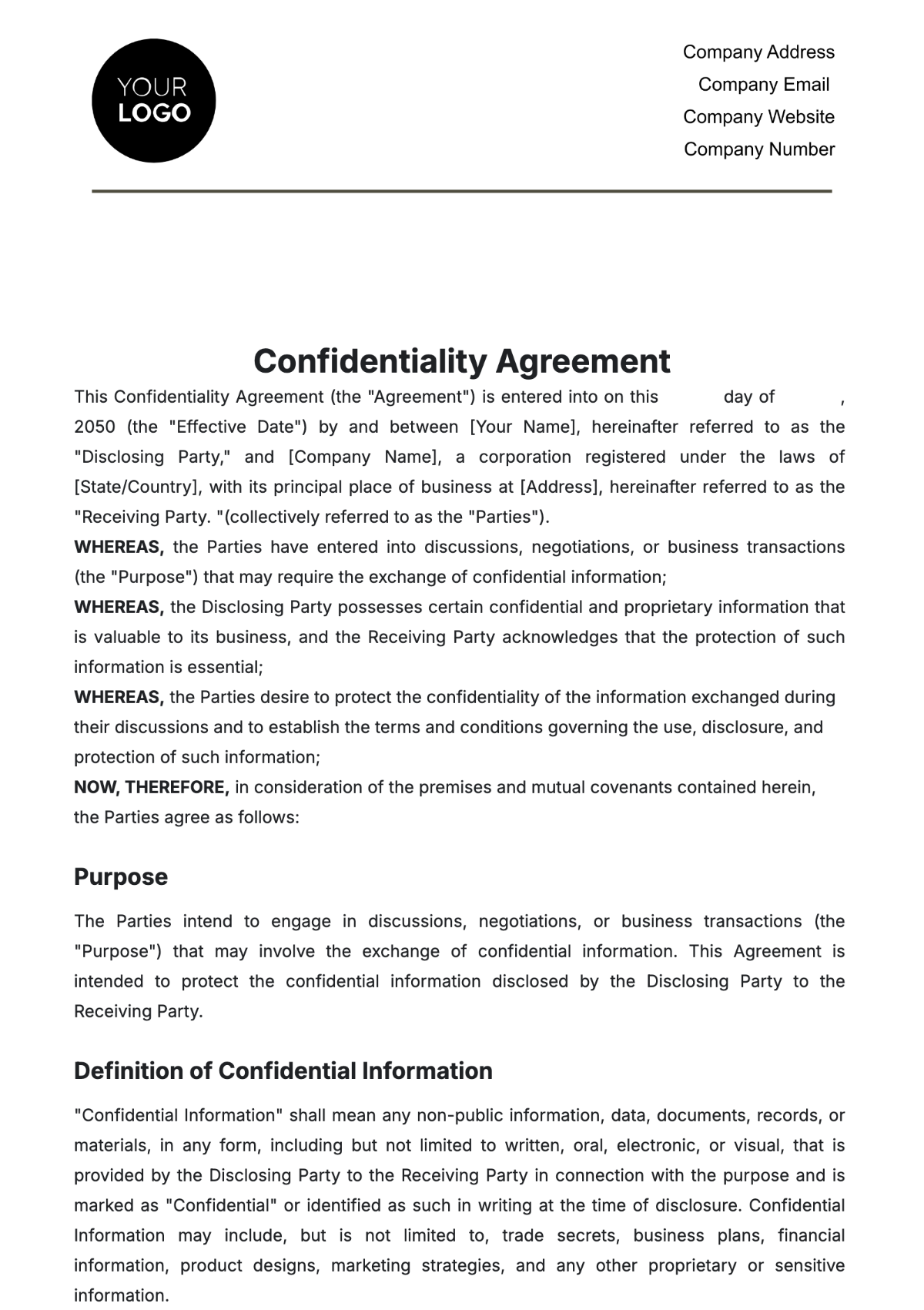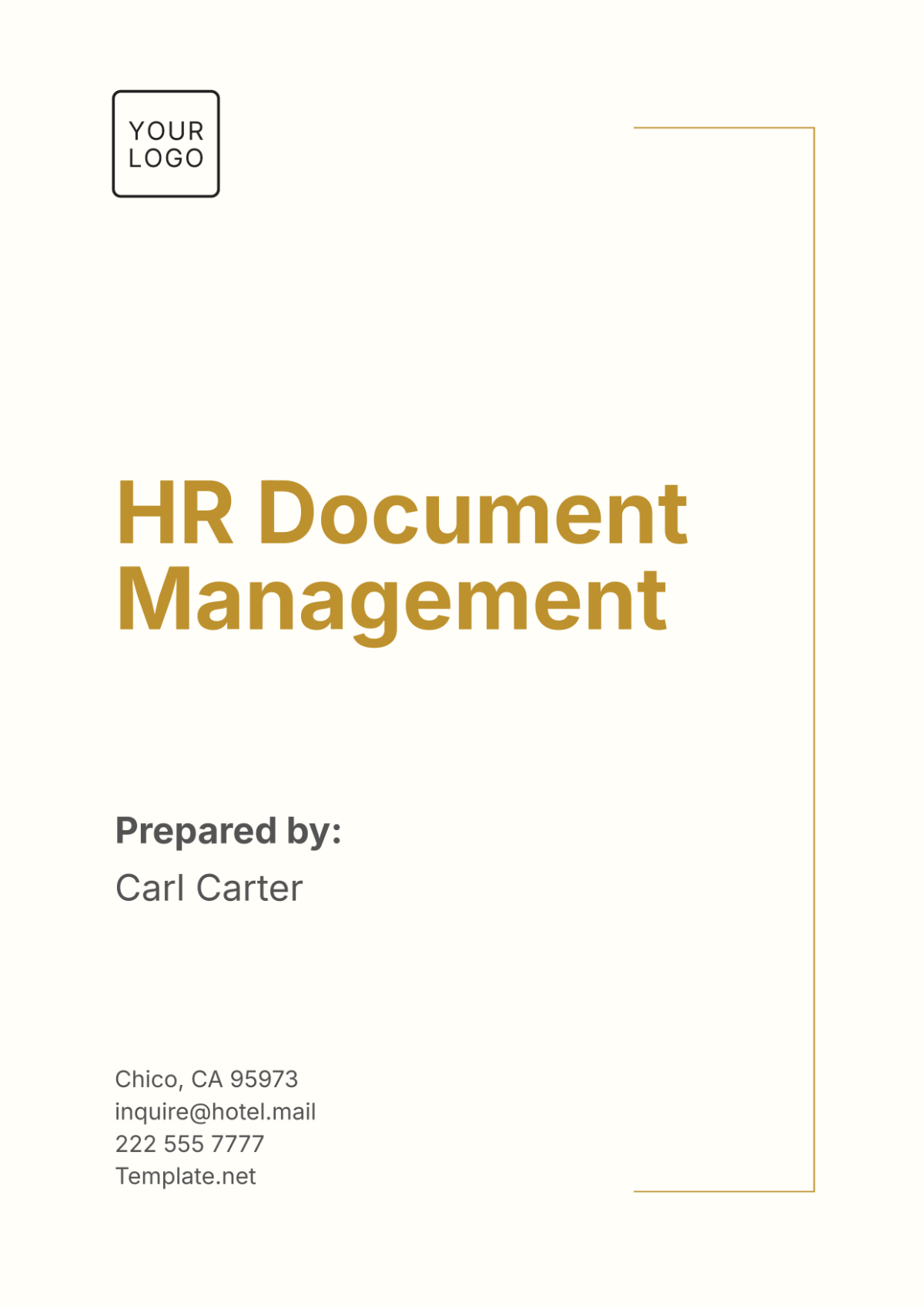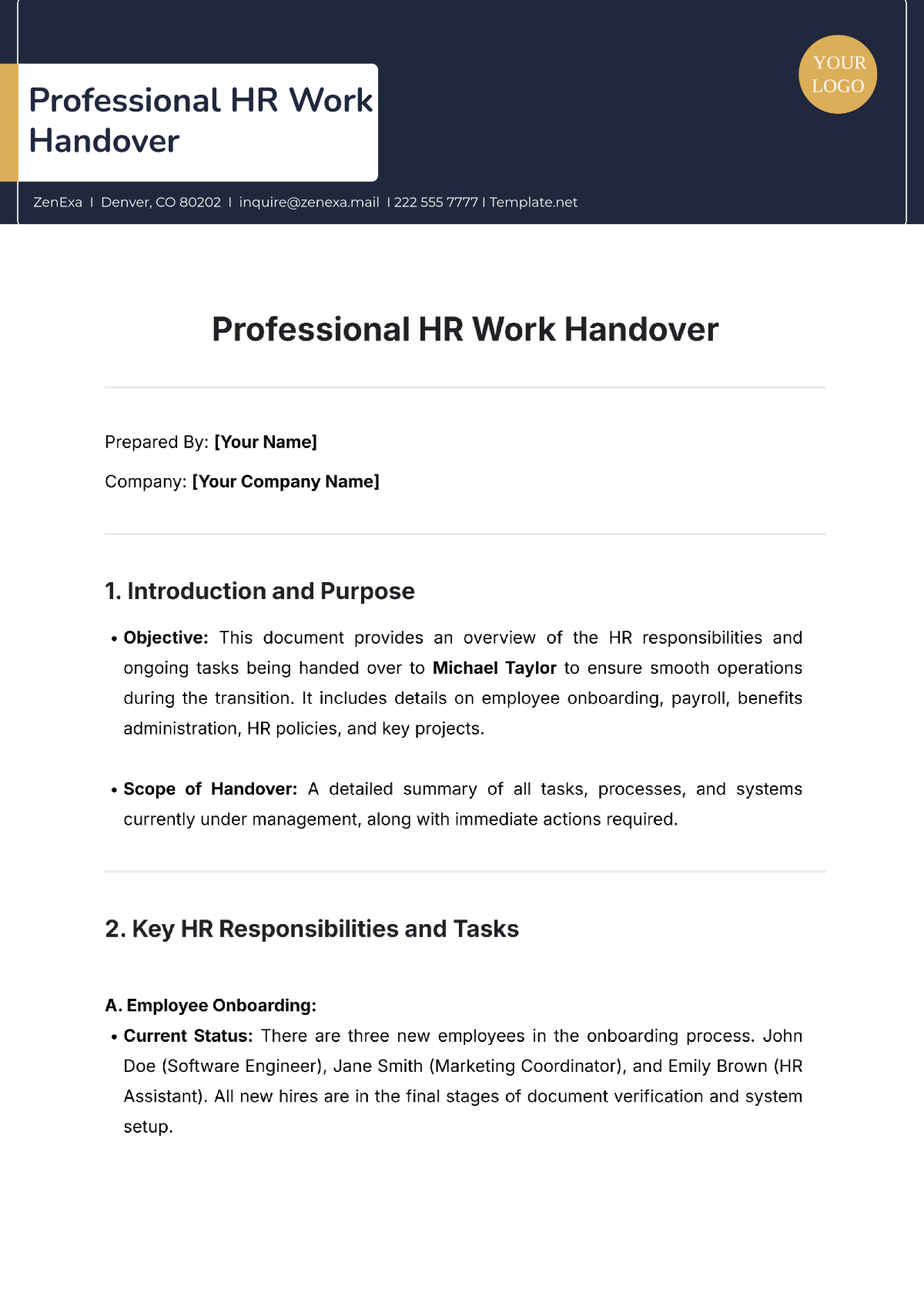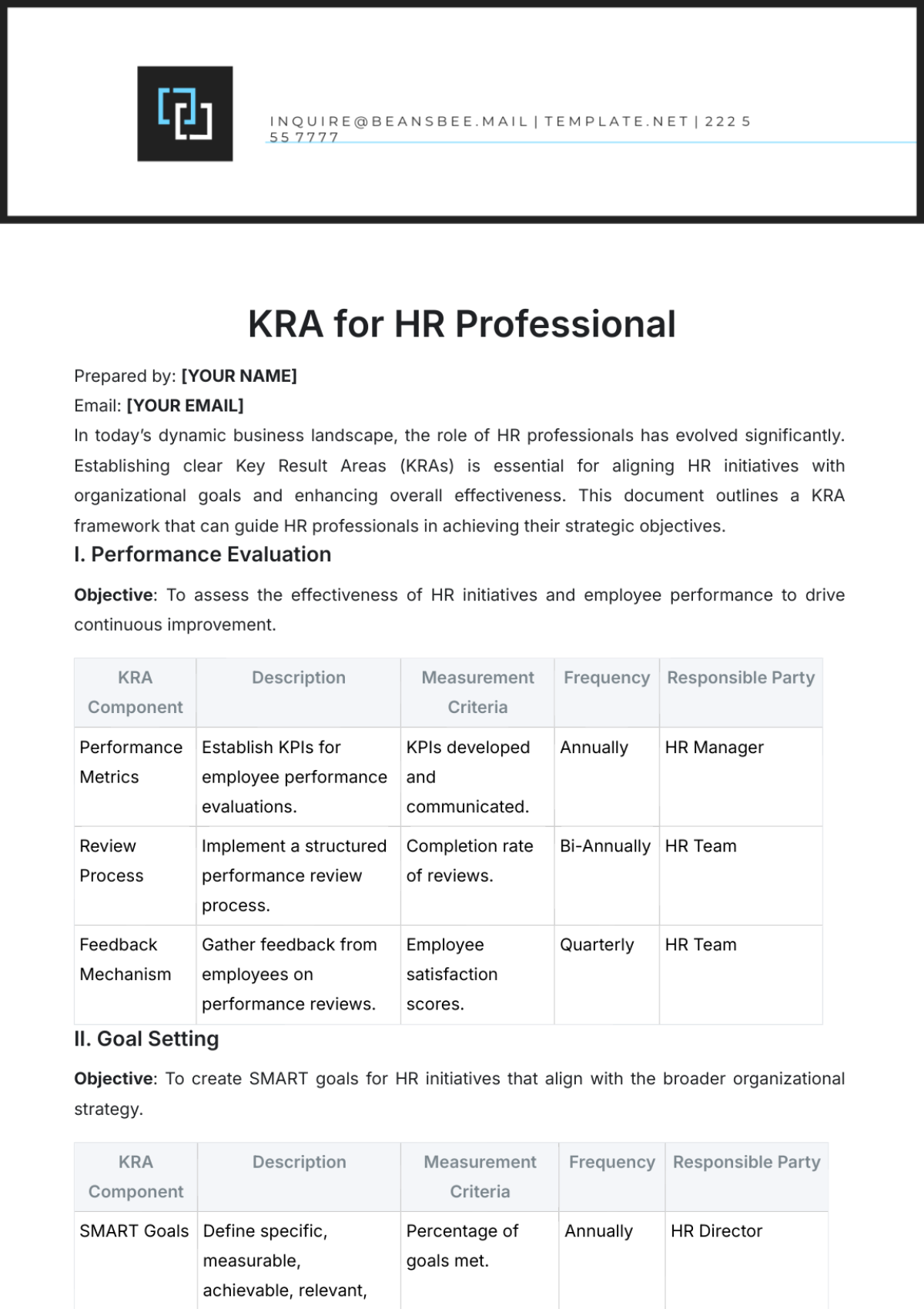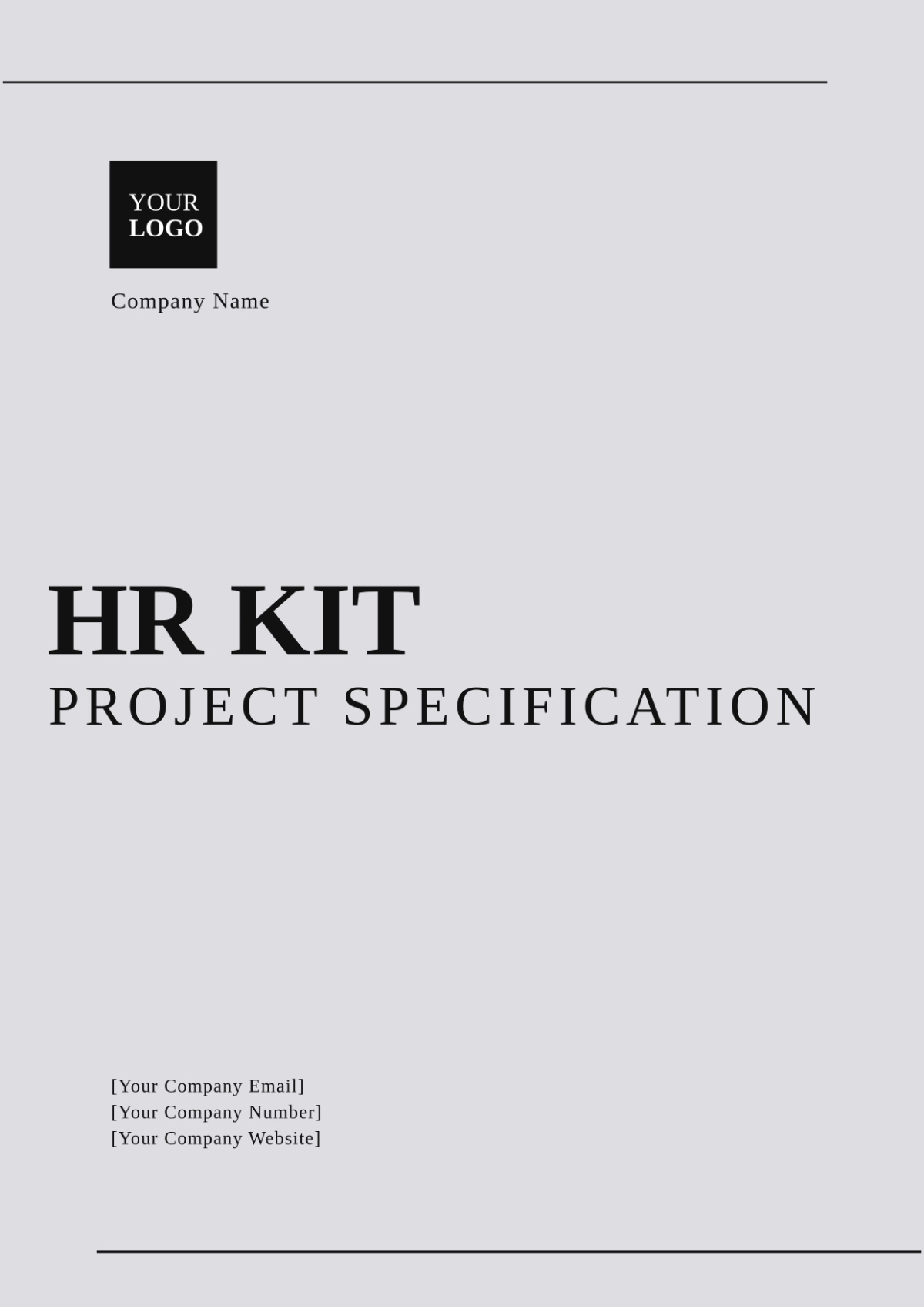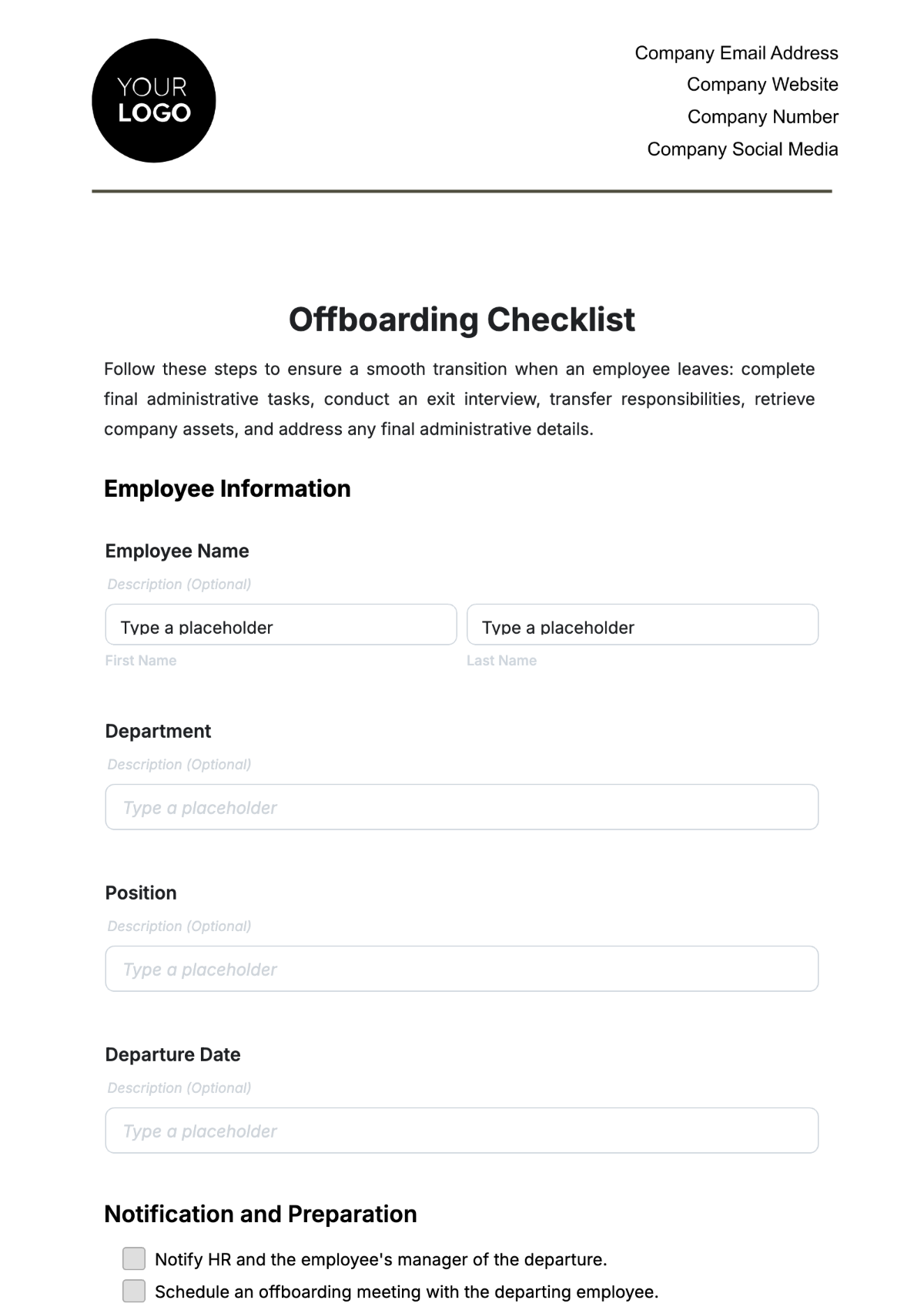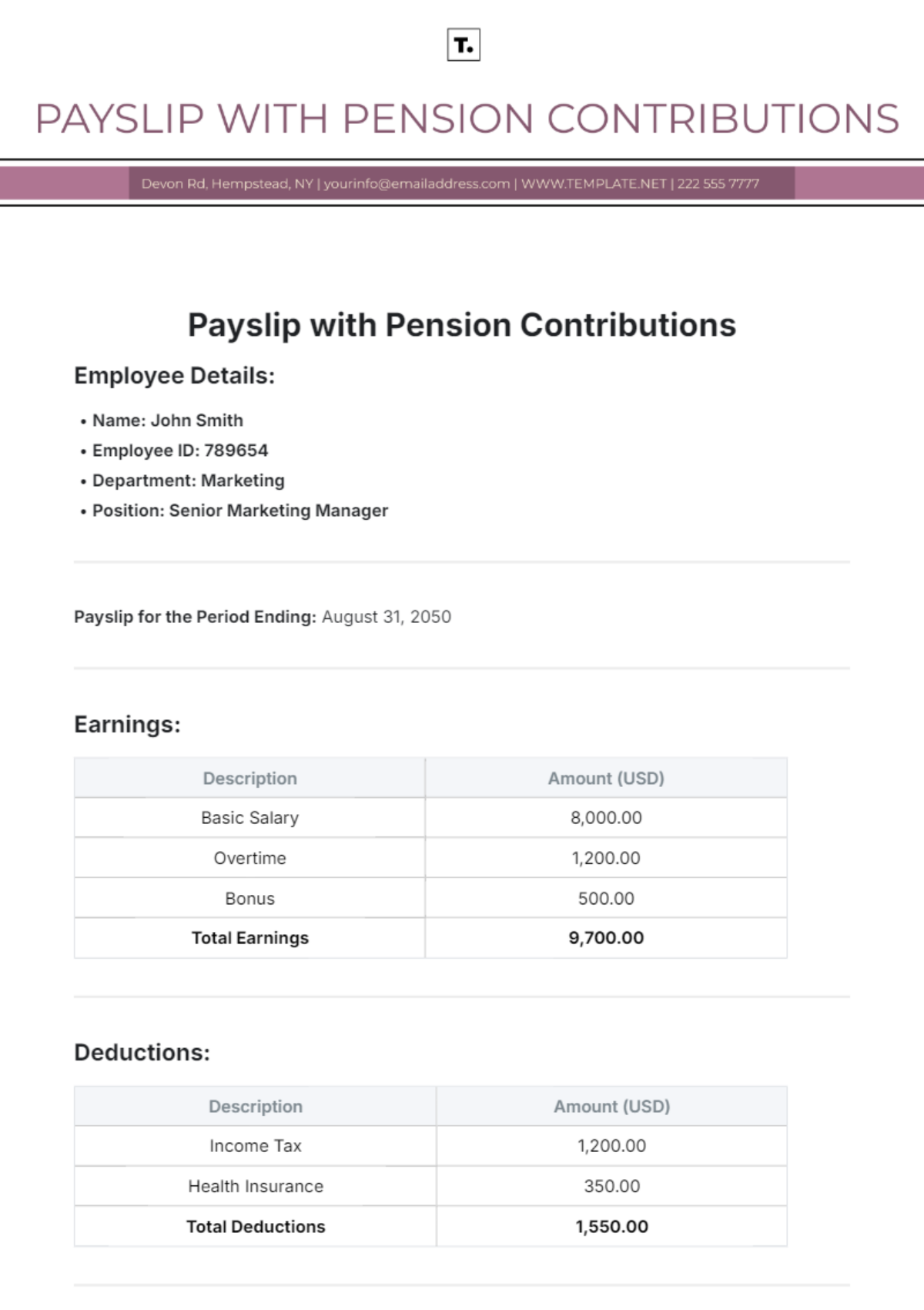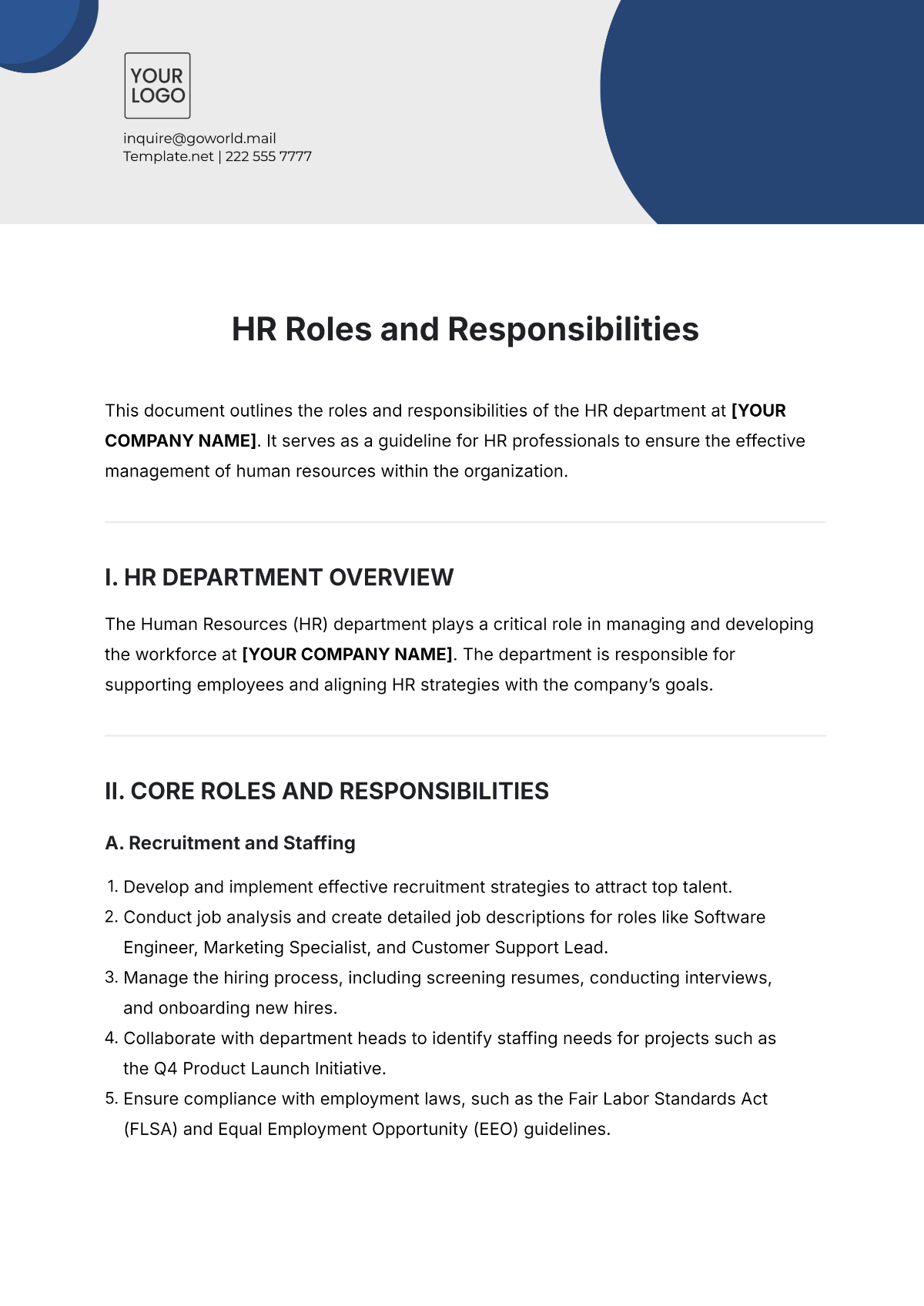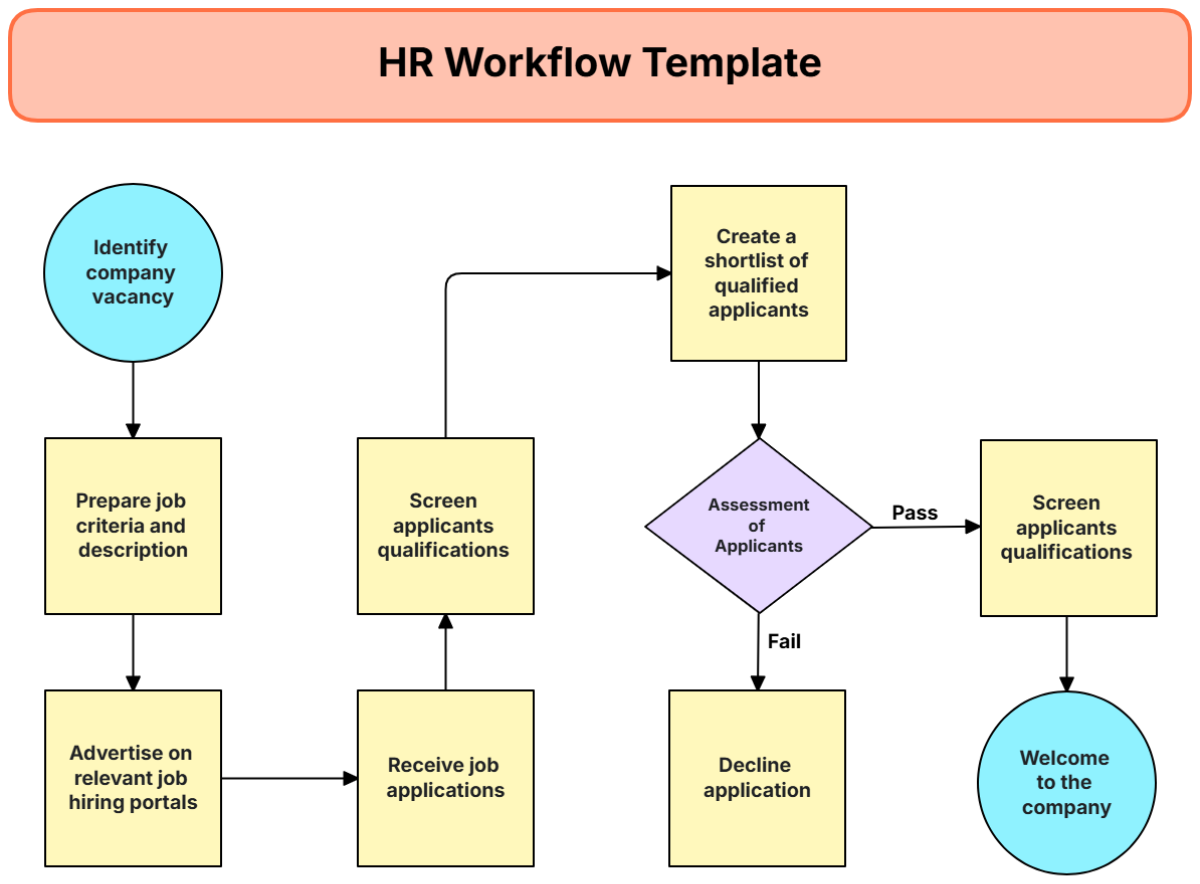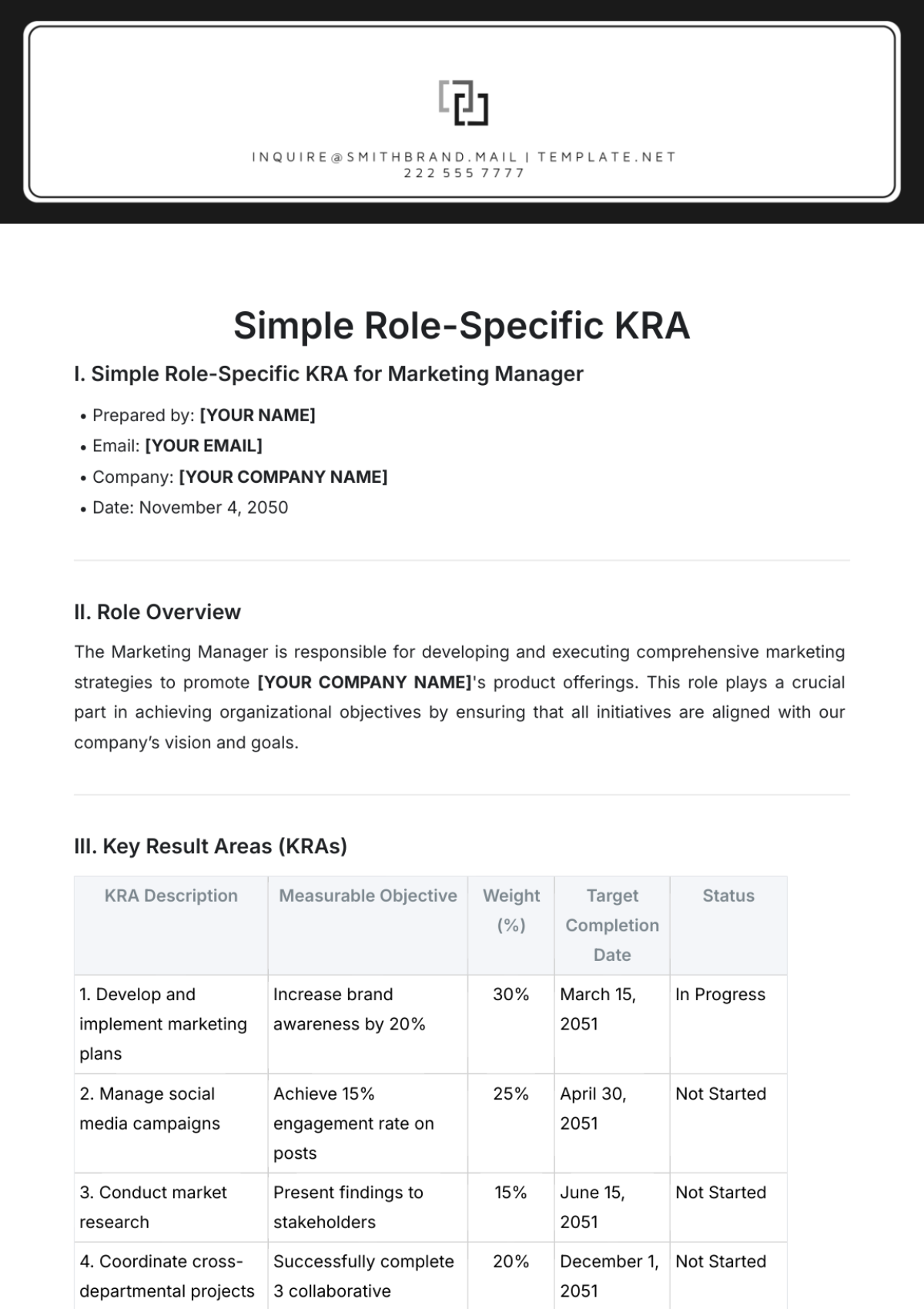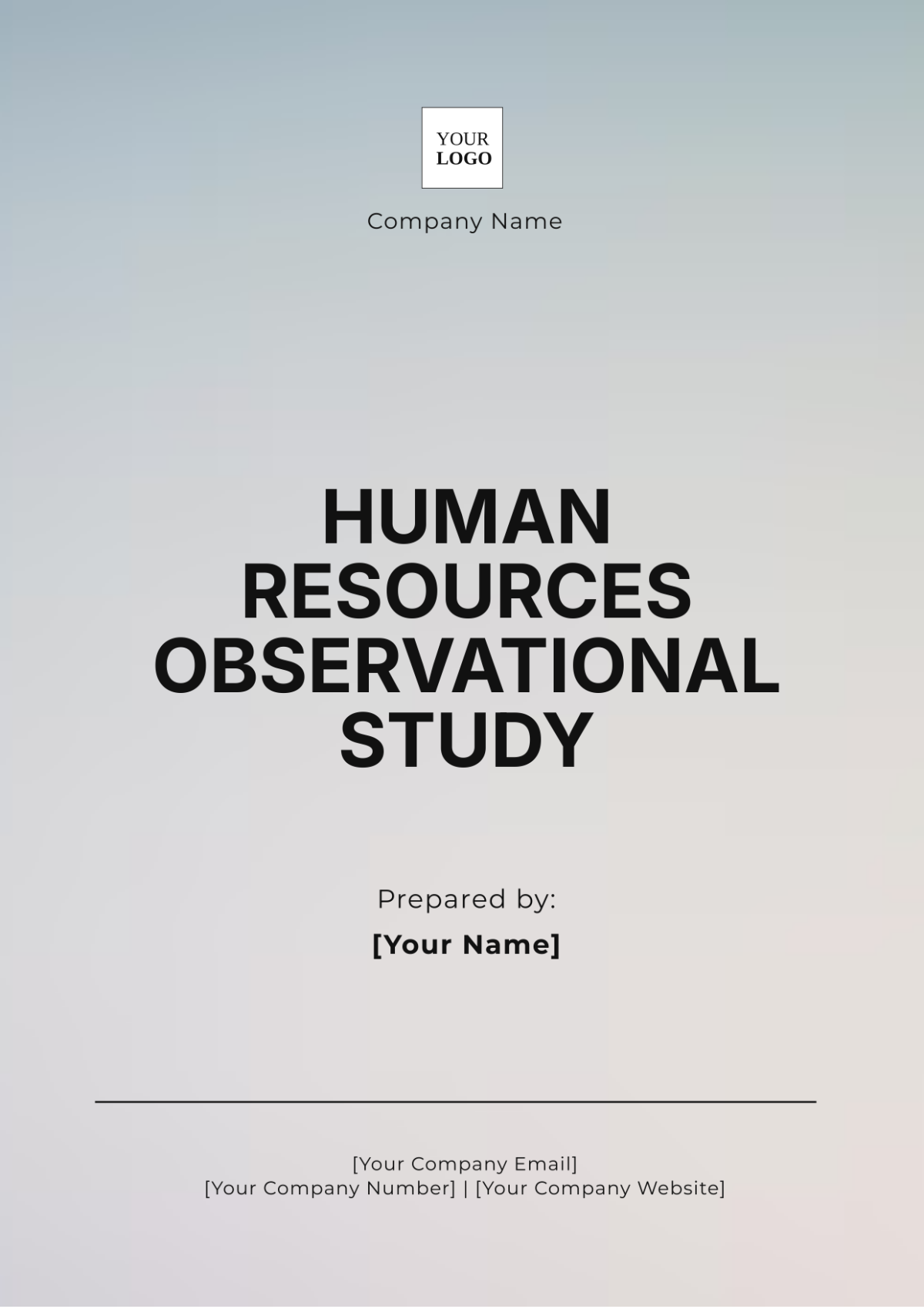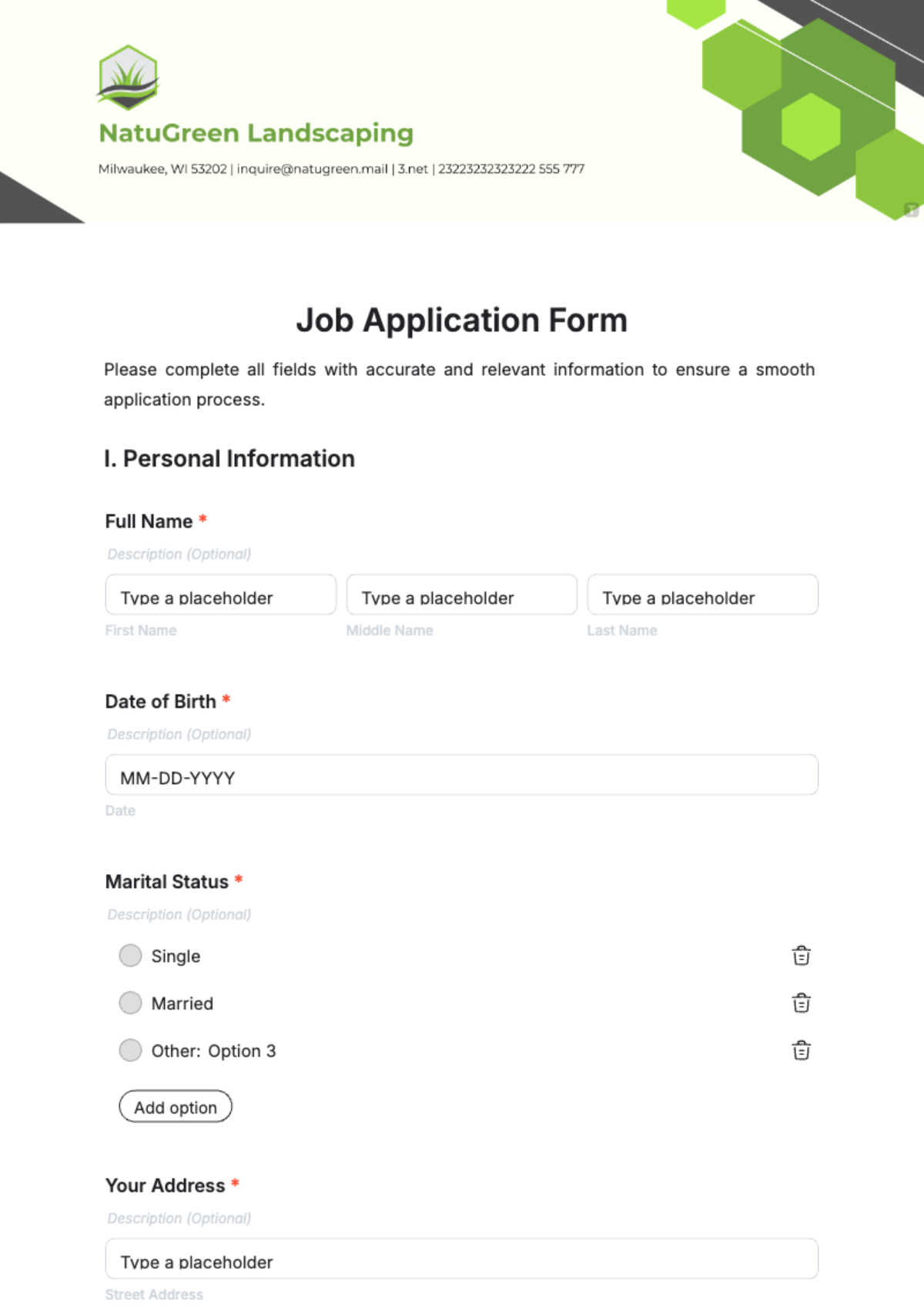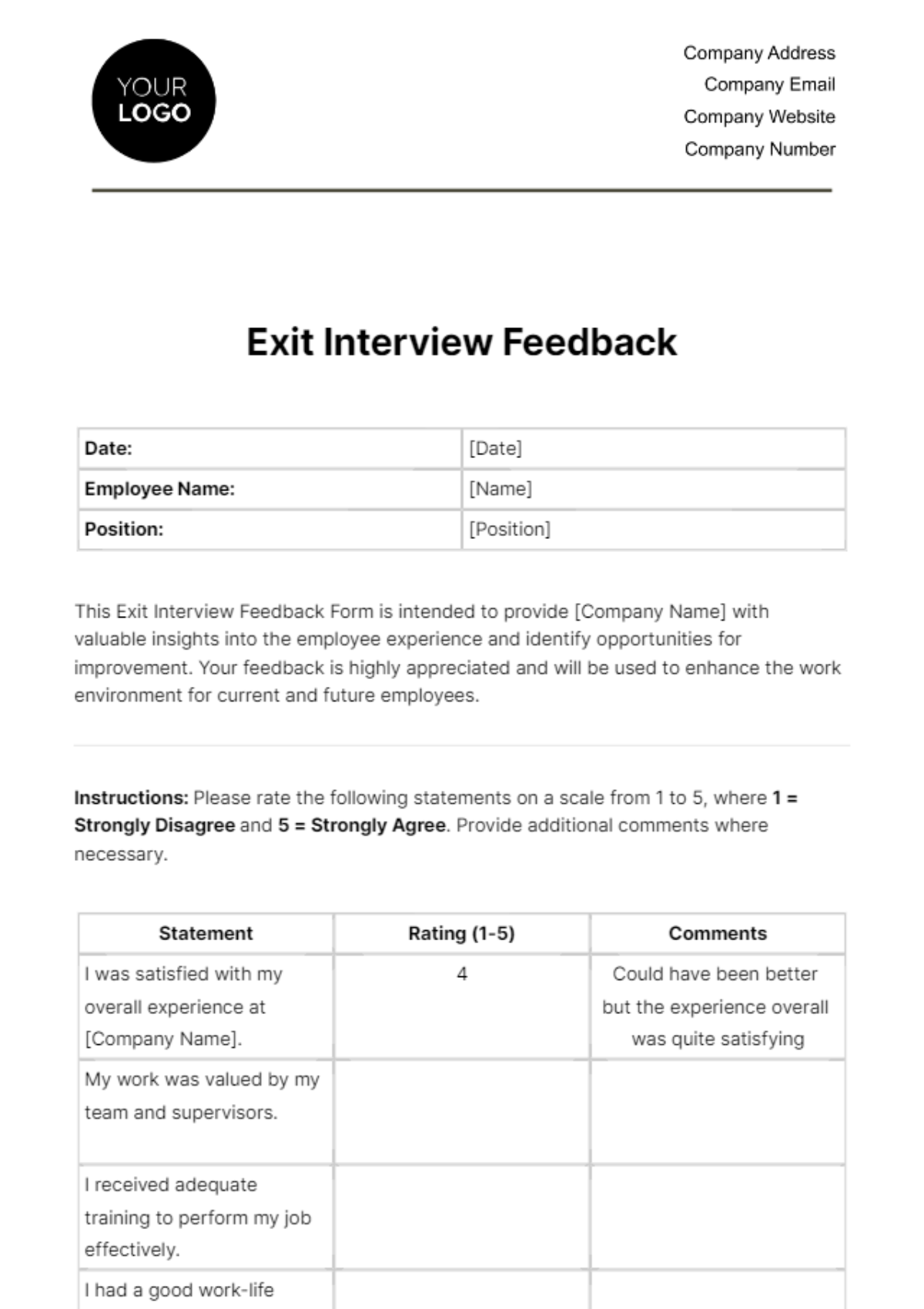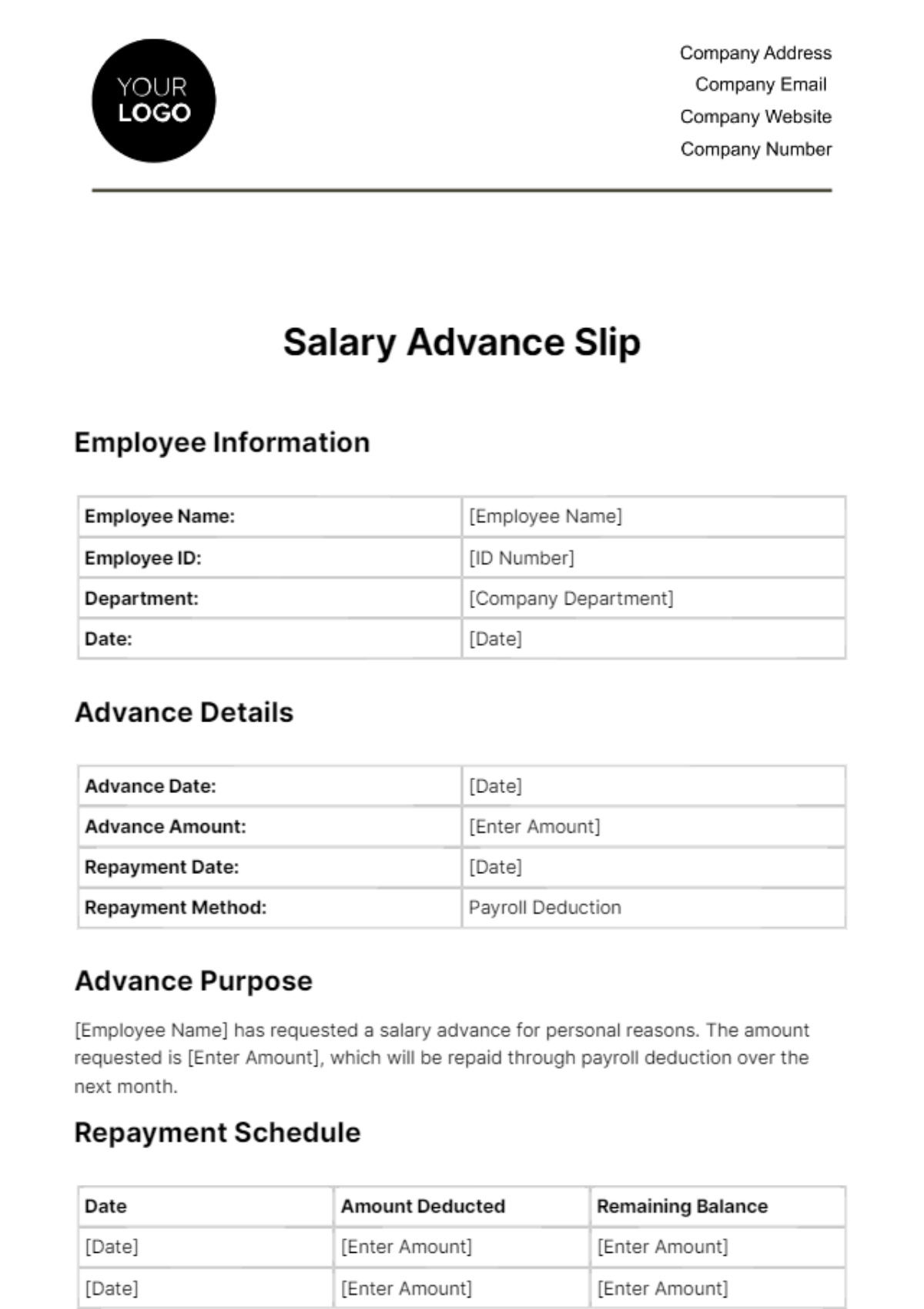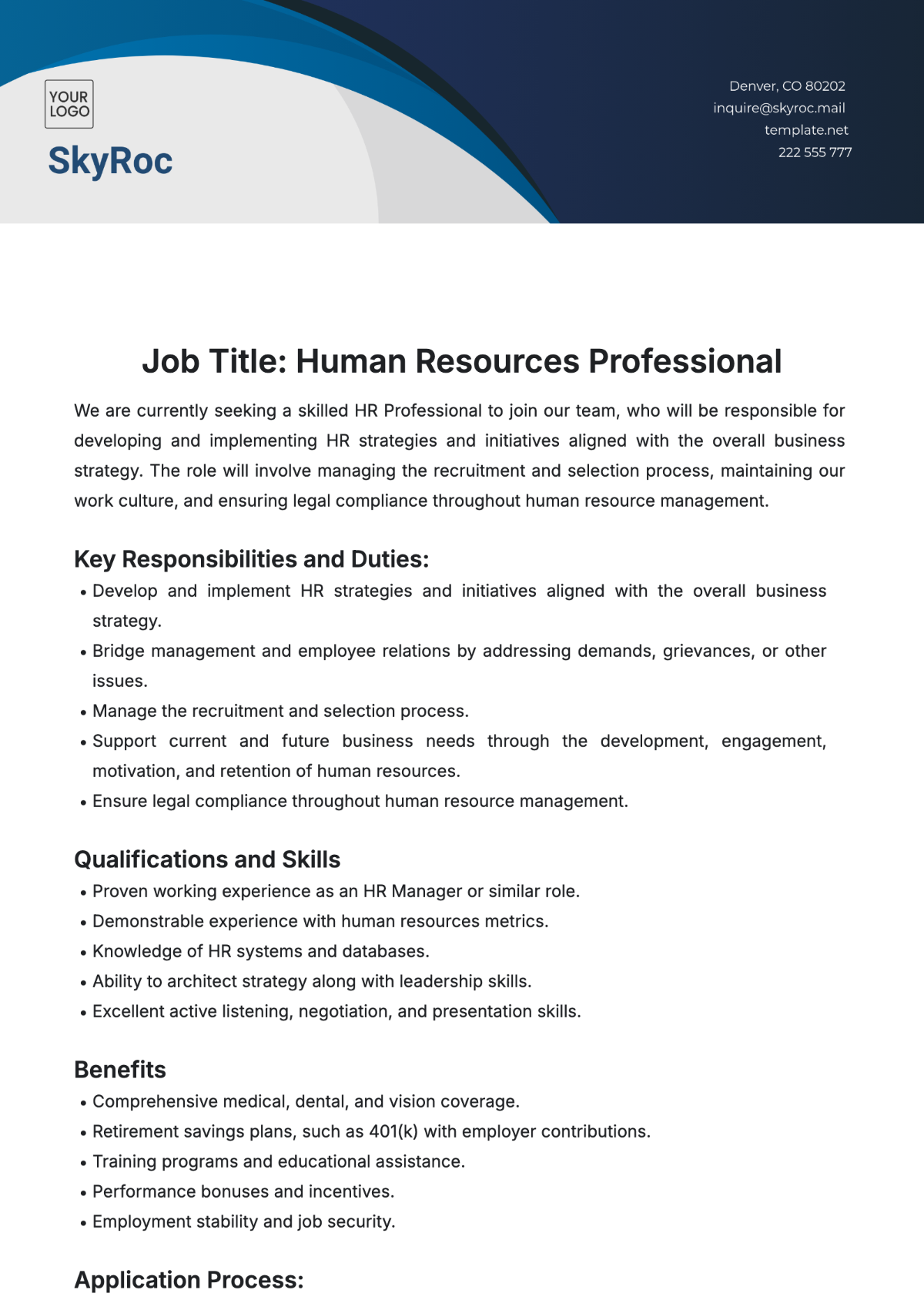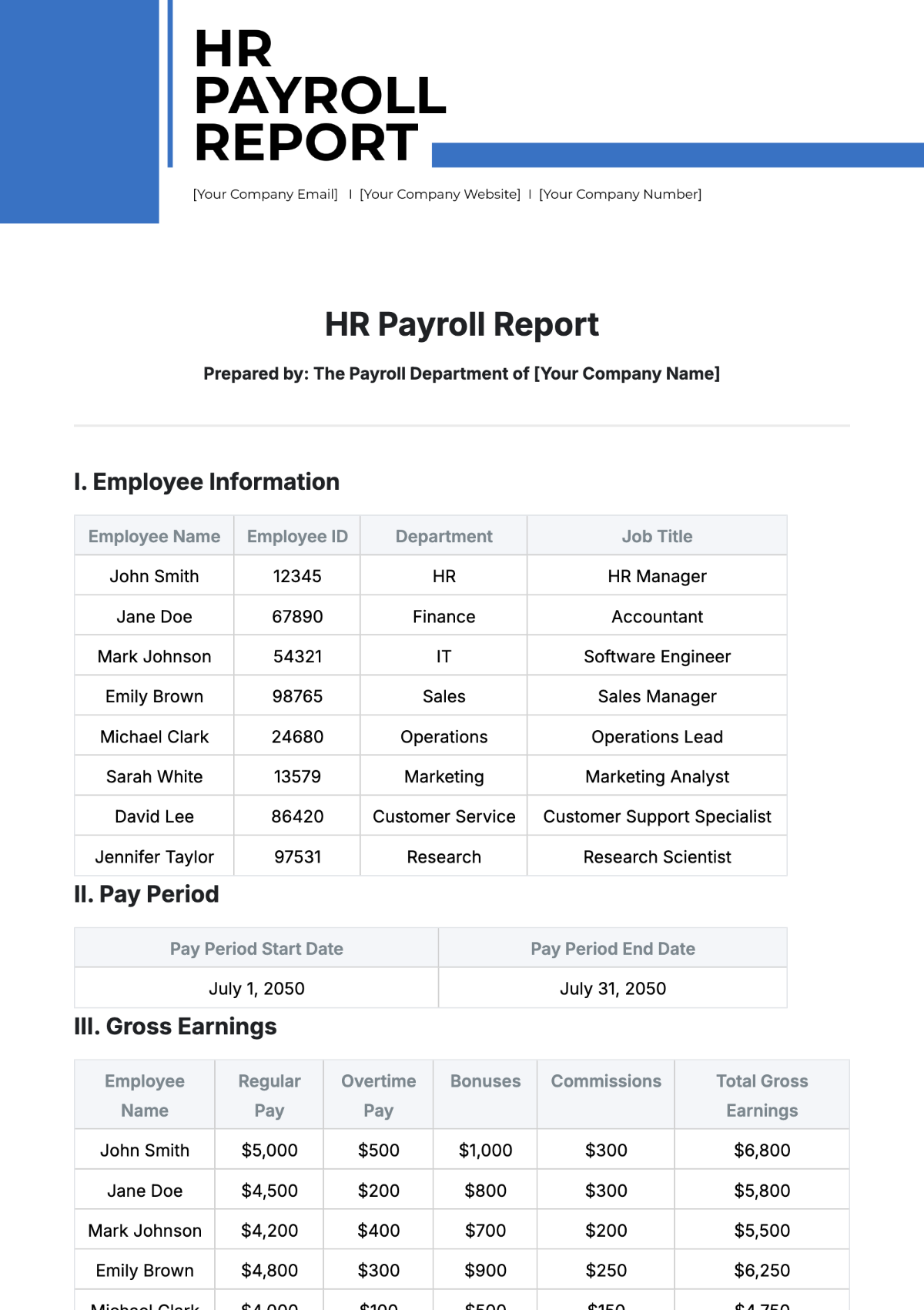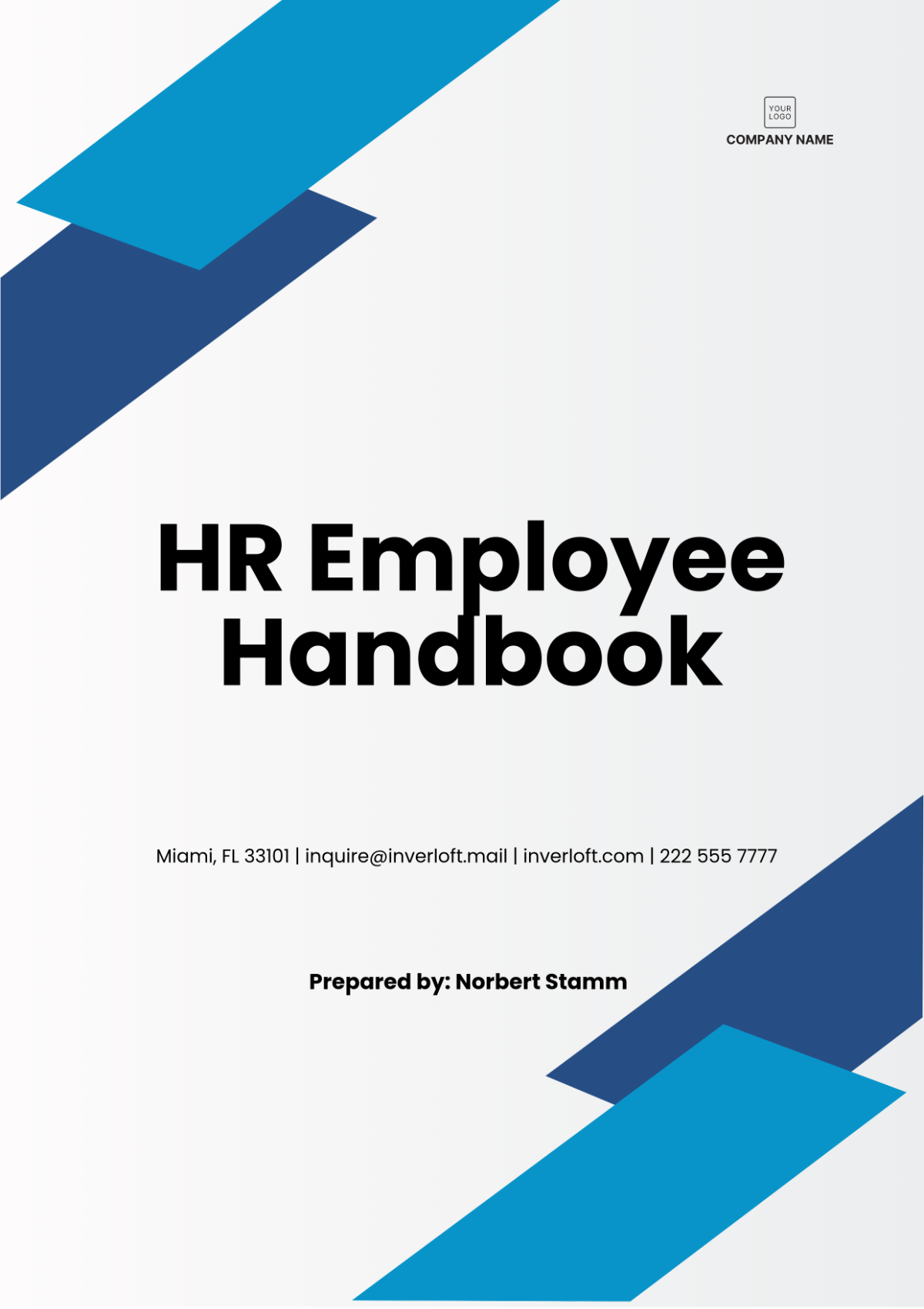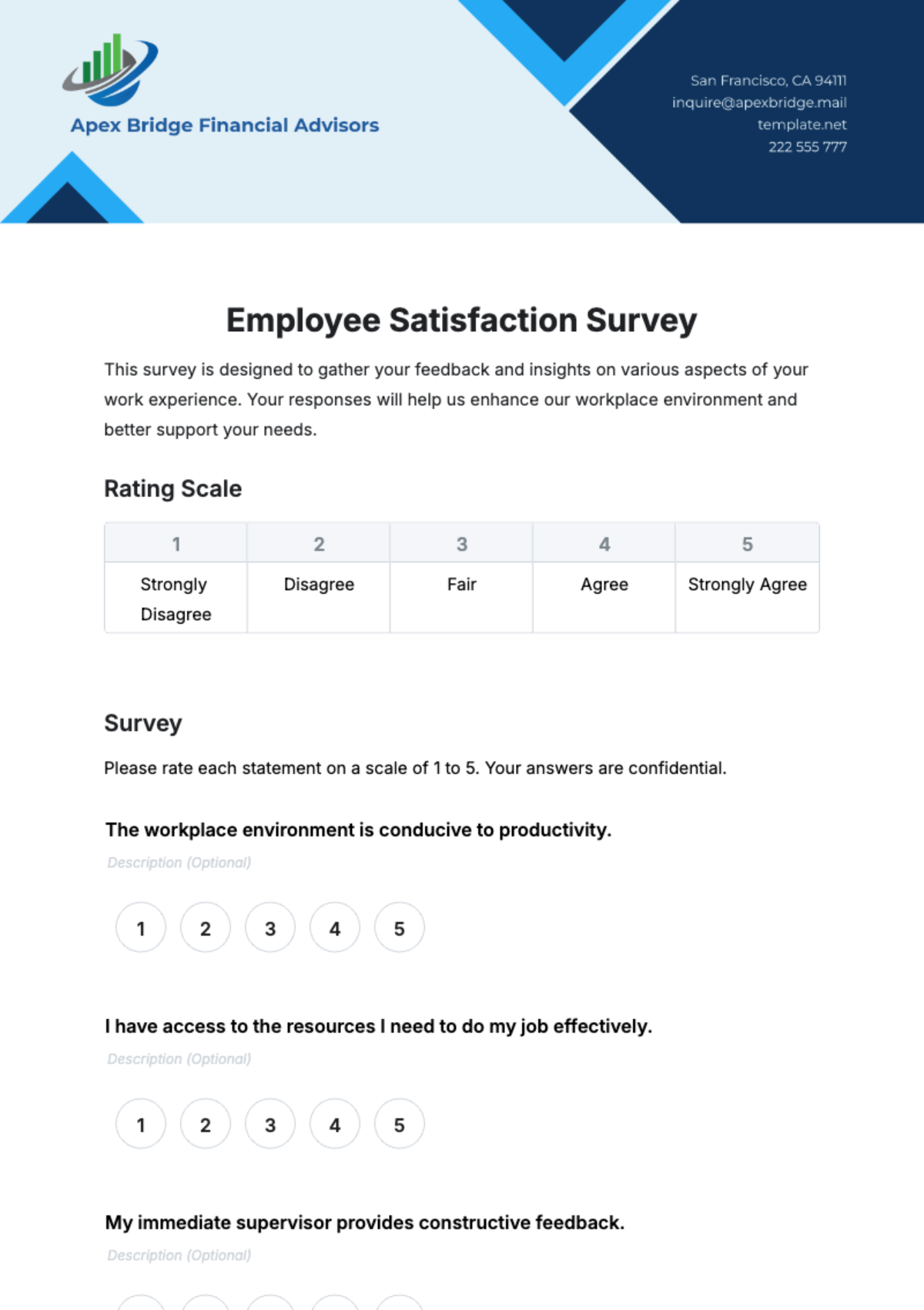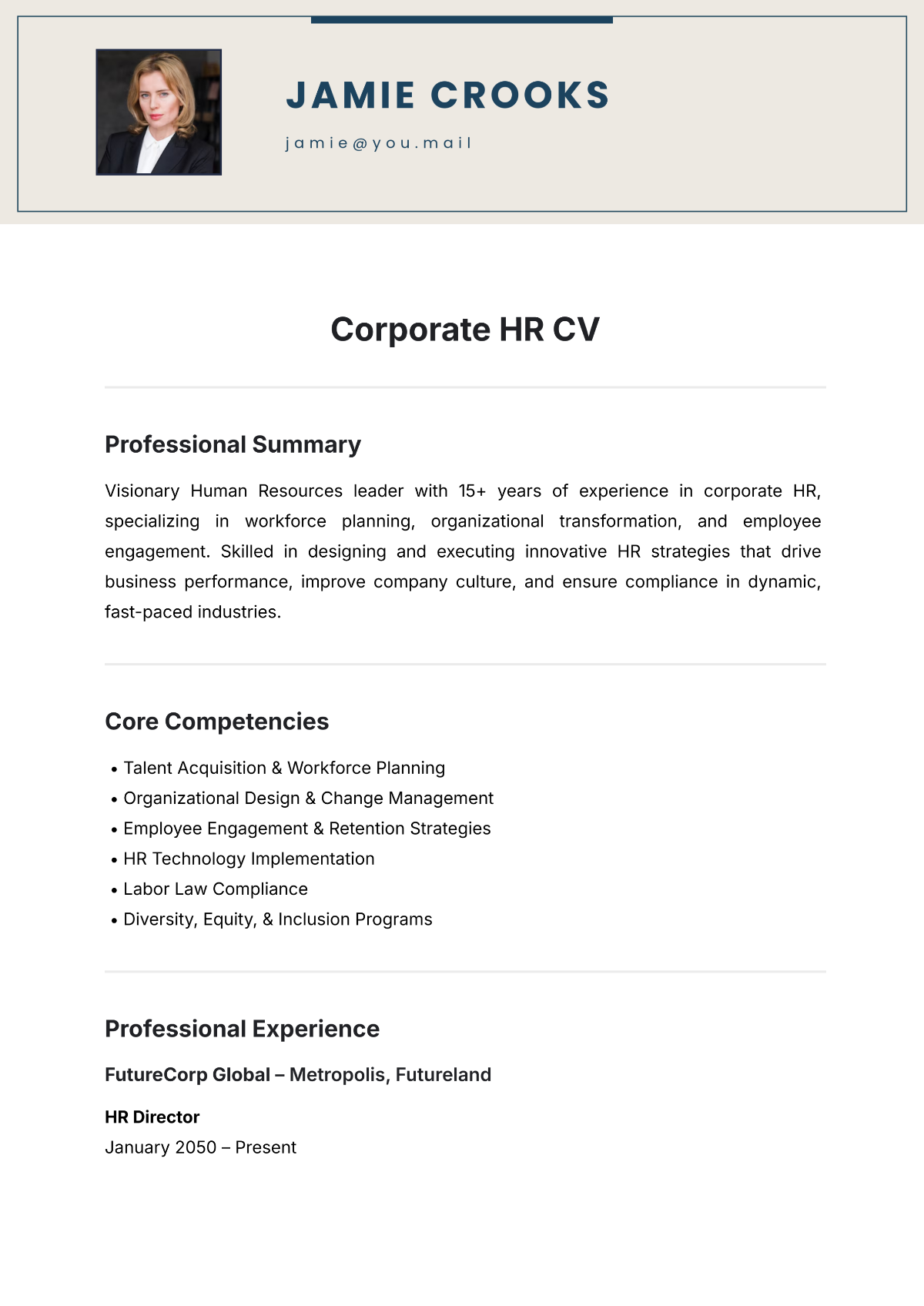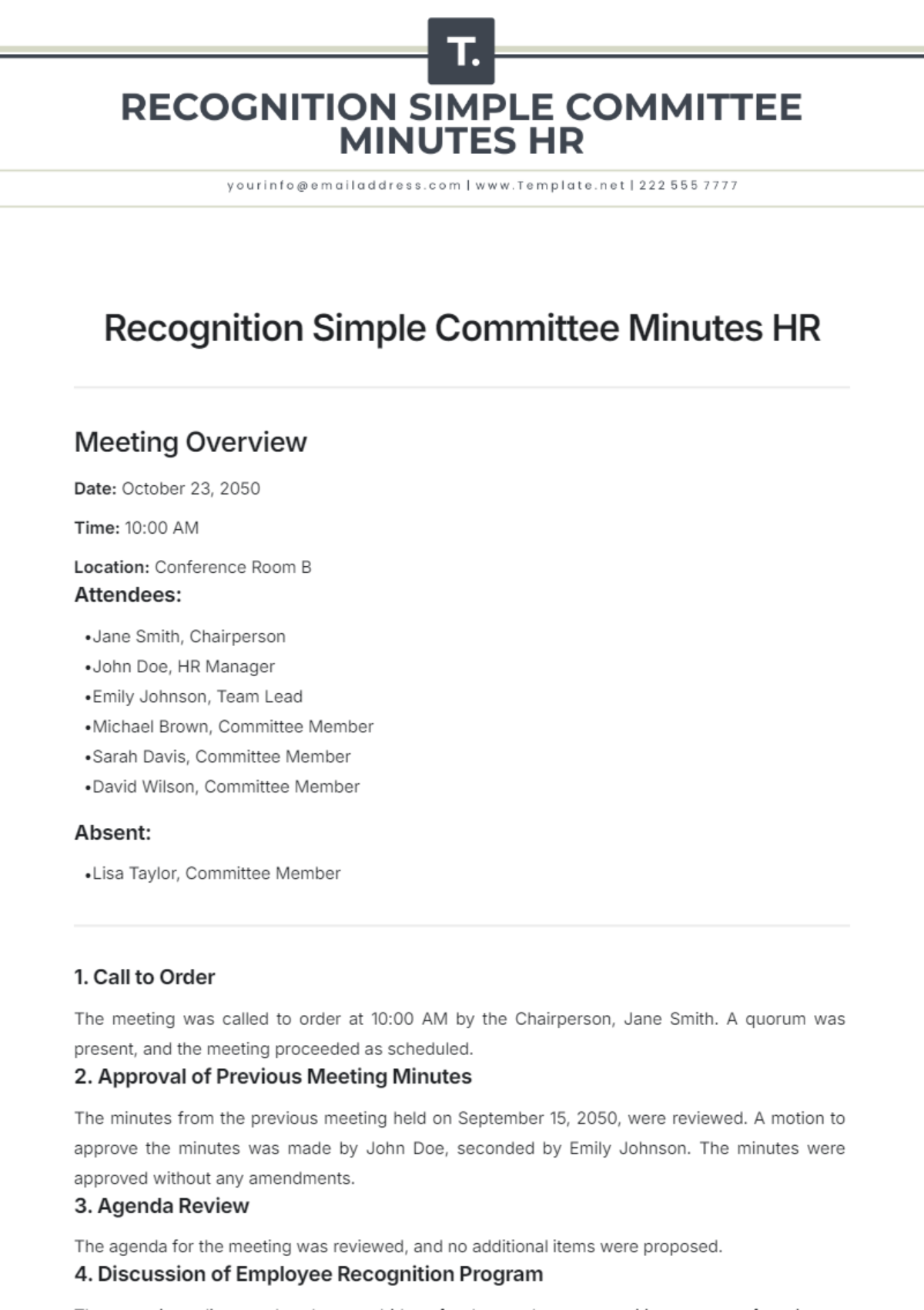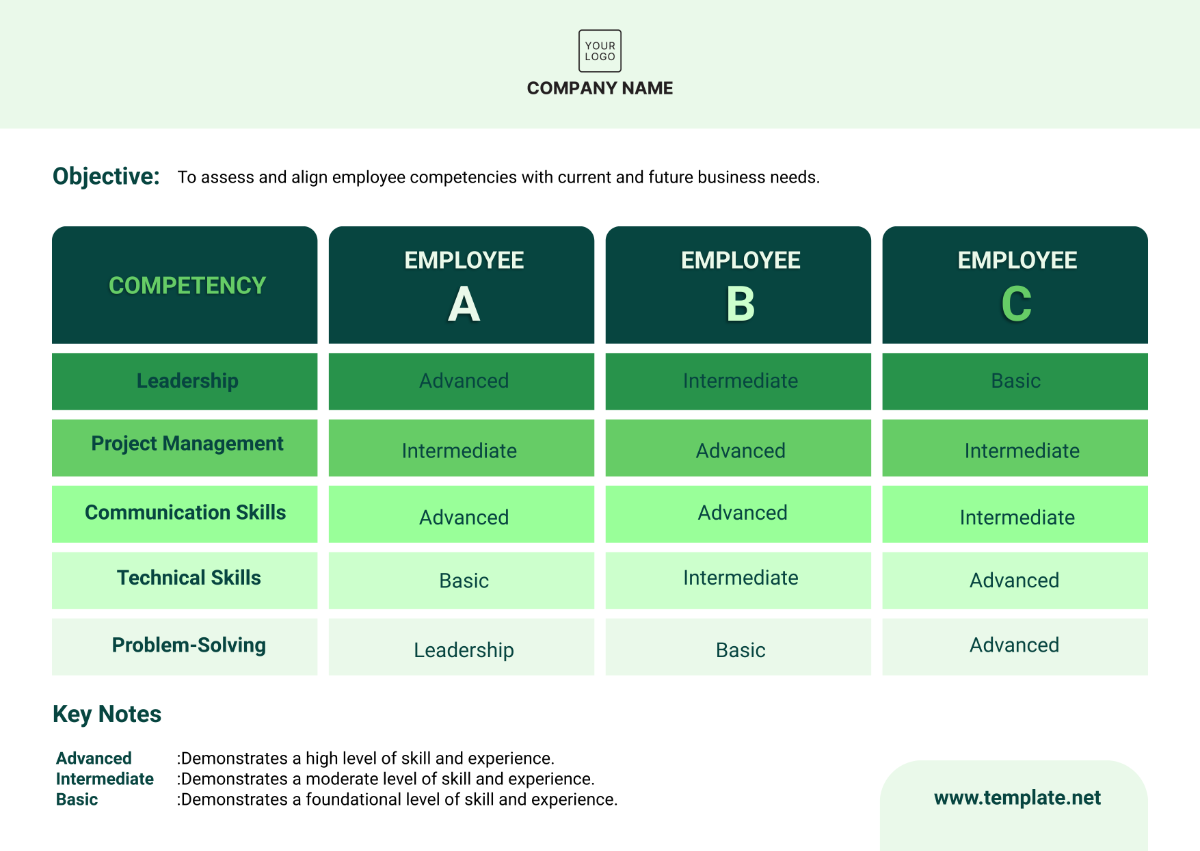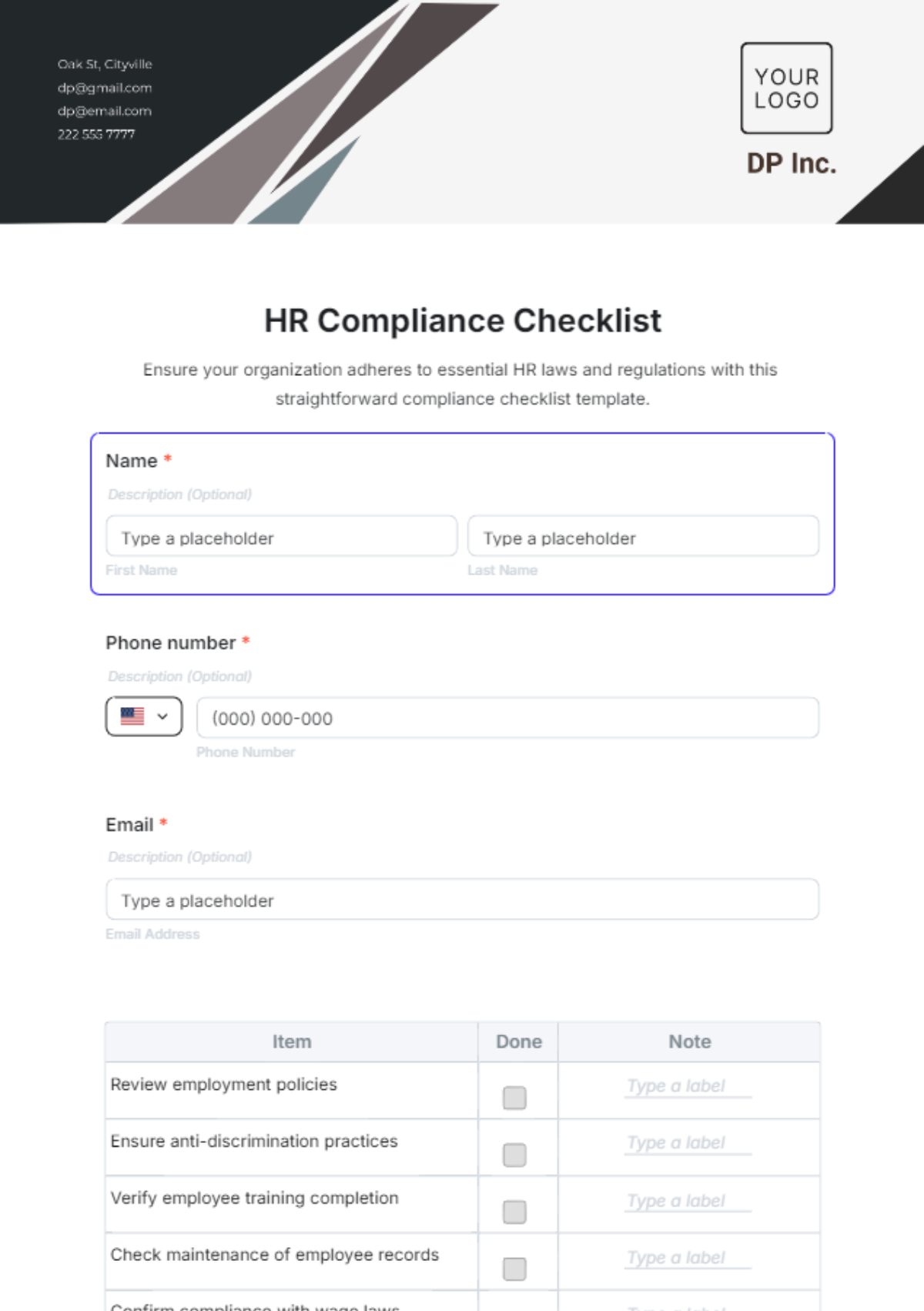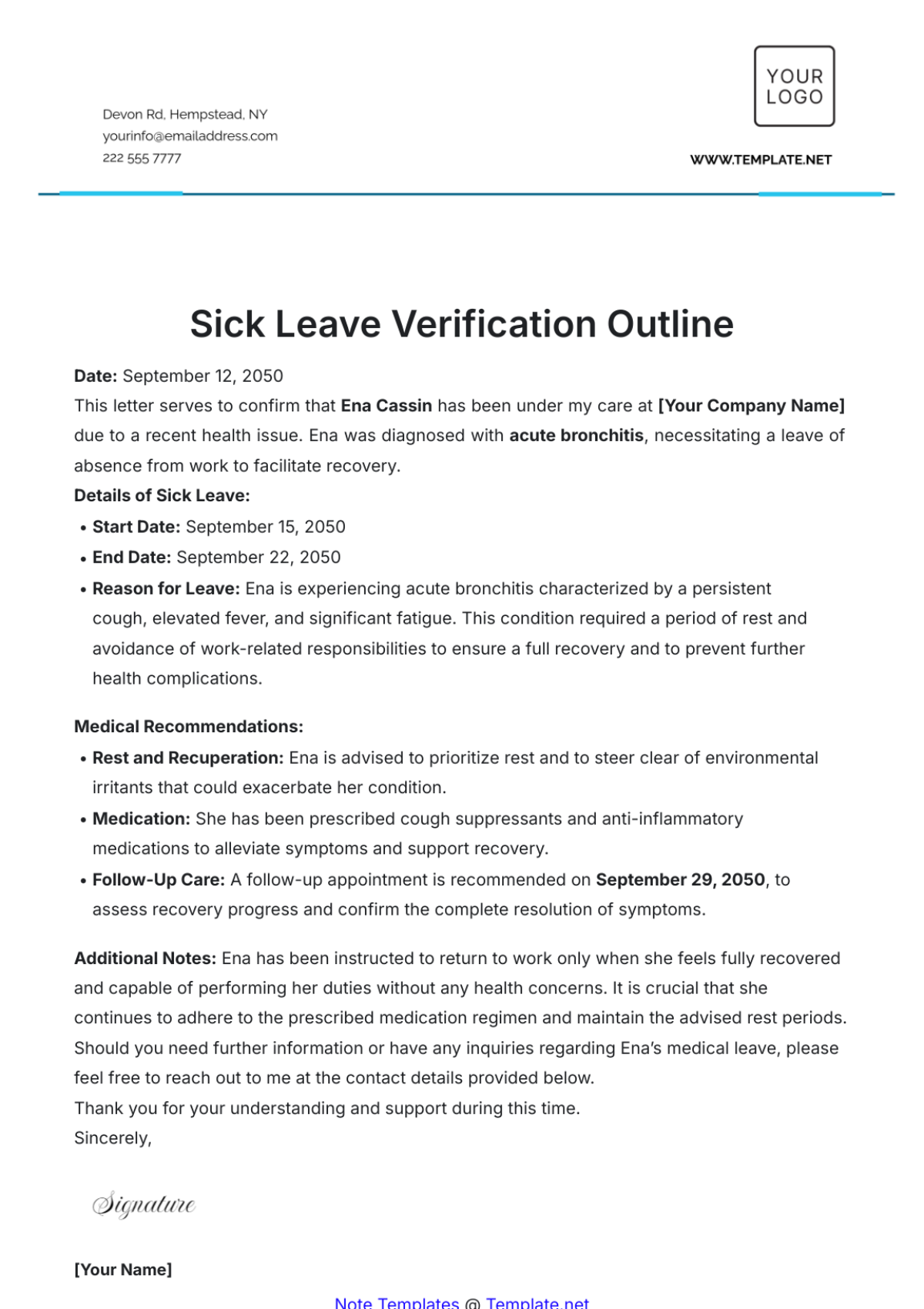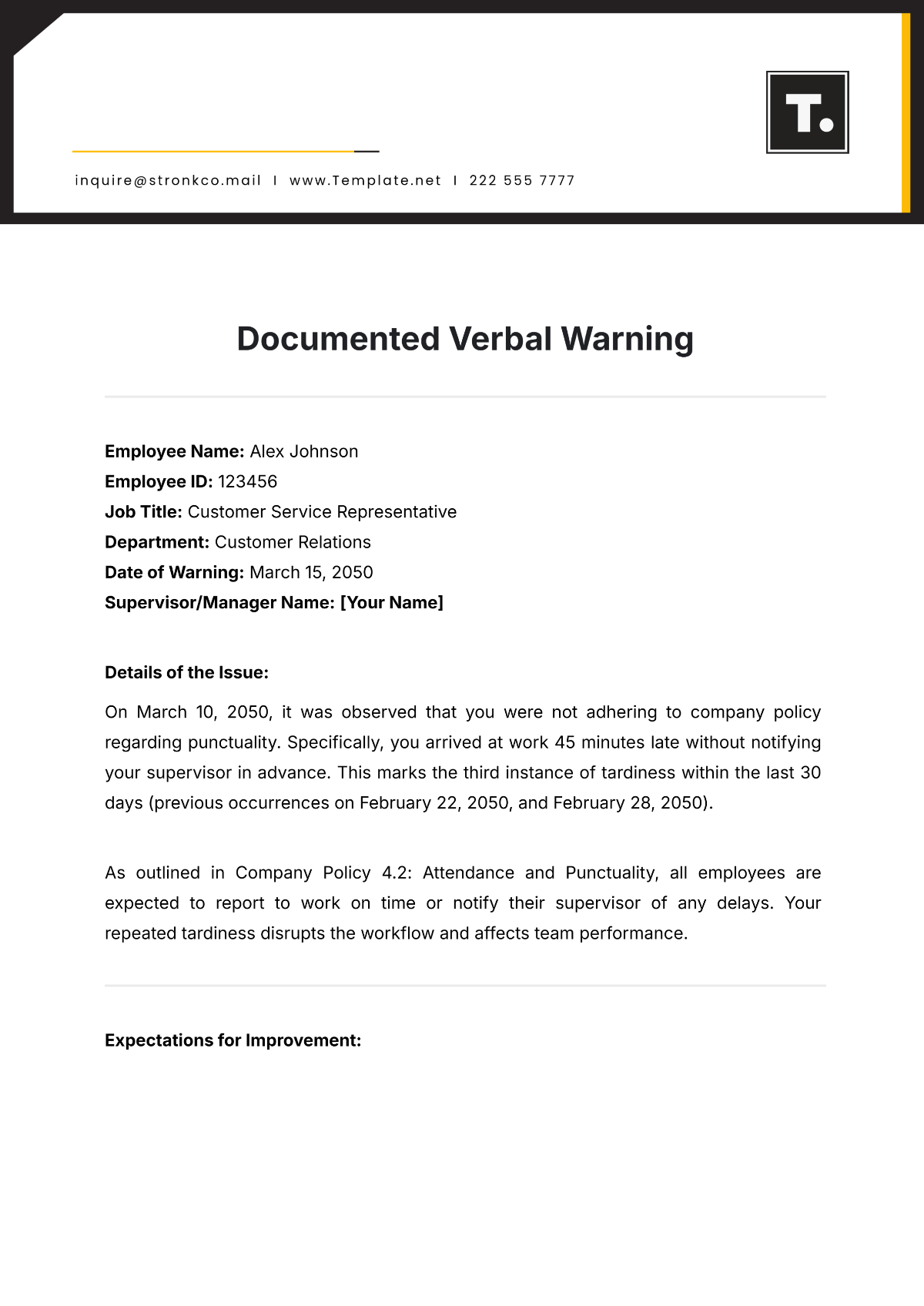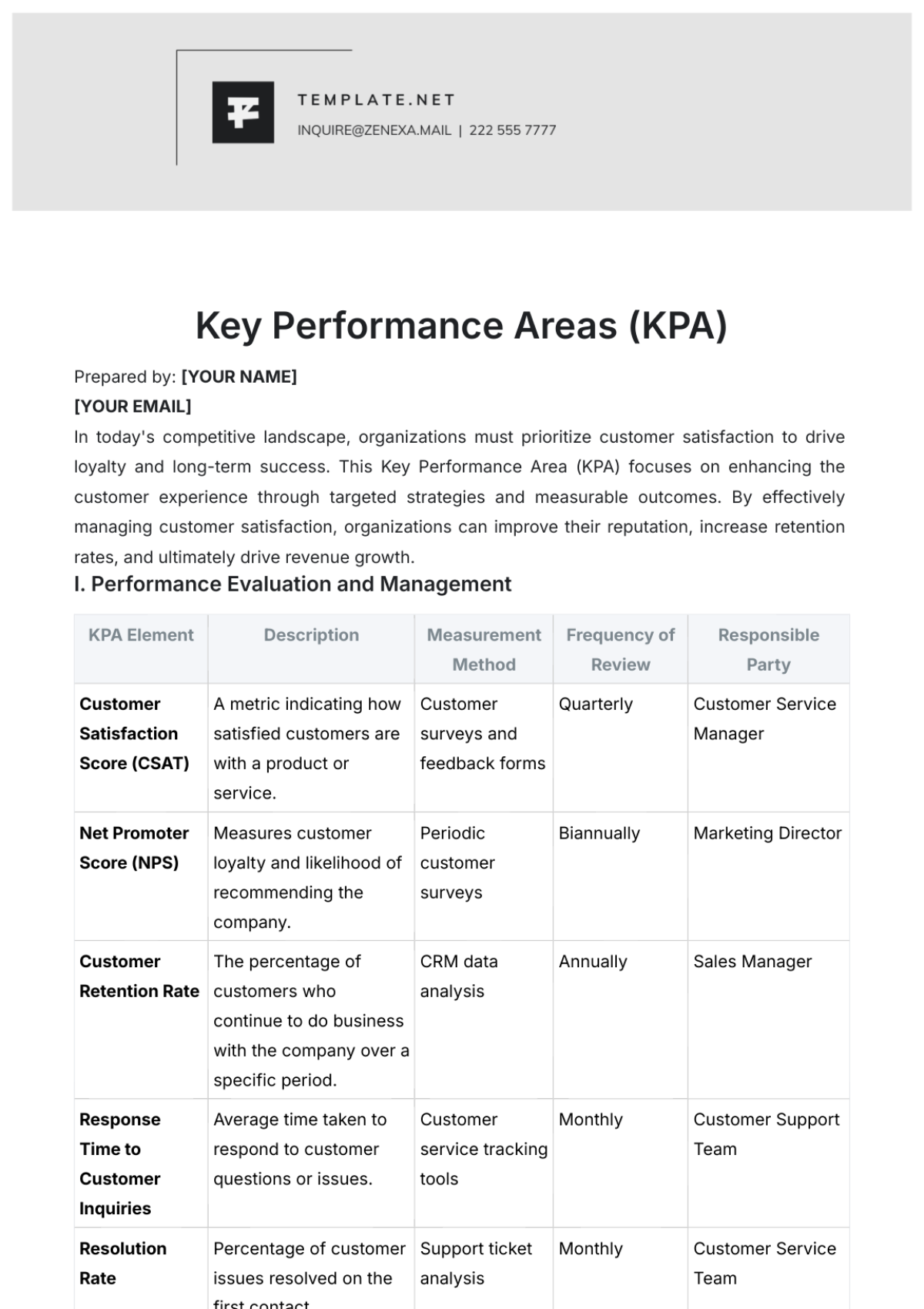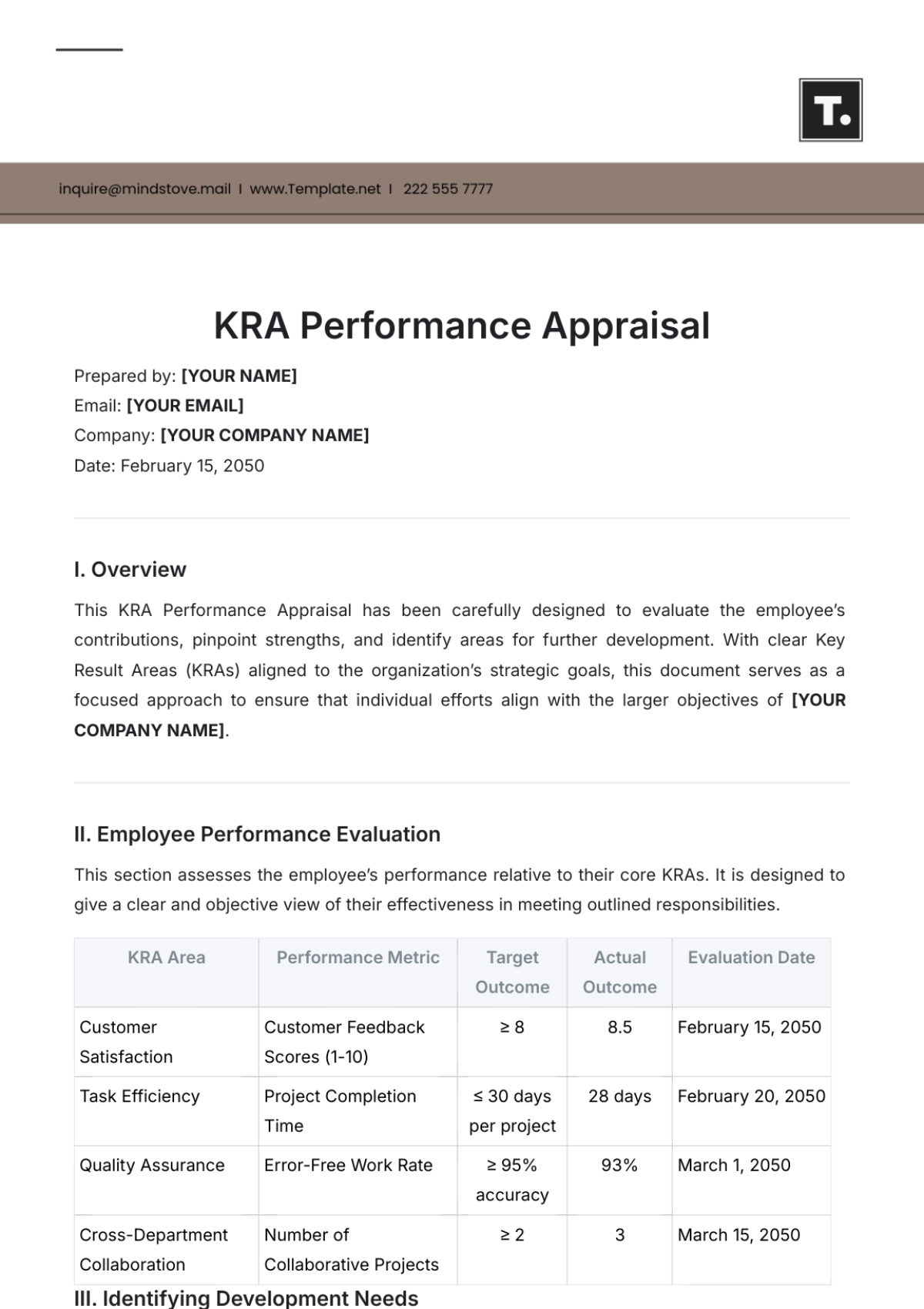Milestone Recognition Case Study Compilation HR
Introduction
At our organization, we understand the paramount importance of recognizing and celebrating the milestones and achievements of our employees. In today's dynamic and fast-paced work environment, acknowledging significant accomplishments not only boosts morale but also fosters a sense of appreciation and belonging among our workforce. As a testament to our commitment to employee well-being and engagement, we have compiled a comprehensive set of case studies showcasing the impact of milestone recognition initiatives within various contexts.
Understanding Milestone Recognition
Milestone recognition stands as a cornerstone in nurturing a positive organizational culture and driving sustained performance. Defined as the acknowledgment and celebration of significant accomplishments, milestone recognition goes beyond mere acknowledgment; it encapsulates the essence of appreciation and validation, reinforcing desired behaviors and outcomes. Our understanding of its significance is grounded in the following key principles:
Employee Morale and Engagement: Recognizing milestones demonstrates our appreciation for the dedication and effort our employees invest in their work. By celebrating achievements, we reinforce a culture of positivity, boosting morale and fostering a sense of belonging and commitment among our workforce.
Motivation and Productivity: Milestone recognition serves as a powerful motivator, inspiring employees to strive for excellence and reach new heights of performance. When employees feel valued and appreciated for their contributions, they are more likely to remain engaged and driven to excel in their roles, thereby enhancing overall productivity.
Organizational Success: The impact of milestone recognition extends beyond individual satisfaction; it directly correlates with organizational success. By acknowledging and celebrating milestones, we reinforce behaviors aligned with our organizational values and objectives, ultimately driving performance and facilitating the achievement of strategic goals.
Case Study 1
Company A - Implementing a Milestone Recognition Program
Background of Company A
Company A, a mid-sized technology firm, recognized the need to enhance its employee recognition efforts amidst a rapidly evolving competitive landscape. Despite possessing a talented workforce, the organization struggled to effectively acknowledge and celebrate the achievements of its employees, leading to potential implications on morale and retention.
Challenges Faced in Employee Recognition
Several challenges impeded effective employee recognition within Company A. These included:
Lack of Formal Recognition Processes: Company A lacked structured processes for acknowledging and celebrating employee milestones, resulting in inconsistent recognition efforts across teams and departments.
Limited Visibility: Without a centralized platform or mechanism for tracking and publicizing employee achievements, many notable accomplishments went unnoticed or underappreciated.
Demotivation and Disengagement: The absence of timely recognition eroded employee morale and contributed to feelings of undervaluation and disengagement, potentially impacting productivity and retention rates.
Development of a Milestone Recognition Program
Recognizing the critical need to address these challenges, Company A embarked on the development and implementation of a comprehensive milestone recognition program. Key steps included:
Needs Assessment: Company A conducted a thorough assessment of employee sentiment and identified gaps in existing recognition practices, laying the groundwork for targeted intervention.
Program Design: Drawing upon insights from best practices and employee feedback, Company A designed a multifaceted milestone recognition program encompassing various recognition modalities, including peer-to-peer recognition, manager commendations, and formalized milestone celebrations.
Technology Integration: Leveraging technological solutions, Company A implemented a user-friendly digital platform to streamline the nomination and approval process for employee recognition, enhancing transparency and accessibility.
Training and Communication: Company A prioritized employee education and communication, equipping managers with the necessary tools and resources to effectively recognize and celebrate employee achievements, while also fostering a culture of appreciation and recognition at all levels.
Impact on Employees
The implementation of the milestone recognition program yielded significant positive outcomes for Company A:
Improved Employee Satisfaction: Employees reported heightened levels of satisfaction and engagement following the introduction of the milestone recognition program, citing increased feelings of appreciation and validation for their contributions.
Enhanced Retention Rates: The implementation of structured recognition initiatives contributed to a reduction in turnover rates, as employees felt more valued and invested in the organization's success.
Boosted Productivity: The positive reinforcement provided through milestone recognition motivated employees to exceed performance expectations, resulting in enhanced productivity and overall organizational performance.
Key Learnings and Best Practices
Through the experience of implementing the milestone recognition program, Company A gleaned valuable insights and identified several best practices, including:
Regular Evaluation: Continuous evaluation and refinement of recognition practices are essential to ensuring alignment with evolving organizational needs and employee preferences.
Inclusivity and Transparency: Transparency and inclusivity in recognition processes foster a sense of fairness and equity among employees, enhancing the program's credibility and effectiveness.
Managerial Support and Engagement: Managerial buy-in and active participation are critical to the success of recognition initiatives, underscoring the importance of leadership in cultivating a culture of appreciation.
Celebration of Small Wins: While major milestones warrant celebration, acknowledging and celebrating small wins on a regular basis reinforces positive behaviors and sustains momentum towards larger goals.
In summary, Company A's journey in implementing a milestone recognition program underscores the transformative power of intentional recognition efforts in driving employee satisfaction, retention, and productivity. By prioritizing employee appreciation and investing in structured recognition initiatives, Company A positioned itself for sustained success in fostering a positive work environment conducive to employee growth and organizational excellence.
Case Study 2
Company B - Leveraging Milestone Recognition for Remote Teams
Background of Company B
Company B, a global marketing agency, embraced remote work as a core component of its organizational structure, fostering flexibility and accessibility for its diverse workforce. With teams distributed across different geographical locations and time zones, Company B recognized the unique challenges associated with recognizing milestones and achievements in a remote work environment.
Obstacles in Recognizing Milestones
Despite the benefits of remote work, Company B faced several obstacles in effectively recognizing milestones within its remote teams:
Lack of Proximity: Physical distance posed a barrier to traditional forms of recognition, making it challenging to convey appreciation and celebrate achievements in real-time.
Communication Barriers: Limited face-to-face interaction and reliance on digital communication platforms hindered the visibility of employee accomplishments and recognition efforts.
Cultural Differences: Diverse cultural backgrounds within remote teams necessitated a nuanced approach to recognition, considering varying cultural norms and preferences.
Strategies Adopted to Overcome Challenges
Company B implemented a series of strategic initiatives to address the challenges associated with milestone recognition in its remote work environment:
Technology Integration: Leveraging digital collaboration tools and platforms, such as video conferencing software and team communication channels, Company B facilitated real-time interaction and recognition among remote team members.
Structured Recognition Programs: Company B established formalized recognition programs tailored to remote teams, incorporating virtual celebrations, digital badges, and personalized messages to acknowledge milestones and achievements.
Cultural Sensitivity Training: Recognizing the importance of cultural diversity, Company B provided cultural sensitivity training to its remote teams, fostering mutual understanding and appreciation across different cultural backgrounds.
Impact on Employees
The implementation of milestone recognition initiatives yielded significant positive outcomes for Company B's remote teams:
Enhanced Team Cohesion: Virtual recognition efforts fostered a sense of unity and camaraderie among remote team members, strengthening team dynamics and promoting collaboration across geographical boundaries.
Increased Engagement: Remote employees reported heightened levels of engagement and motivation, attributed to the meaningful recognition and appreciation received for their contributions.
Improved Performance: The positive reinforcement provided through milestone recognition translated into improved performance outcomes, as remote team members were inspired to exceed expectations and deliver exceptional results.
Key Learnings and Best Practices
Through its experience in leveraging milestone recognition for remote teams, Company B identified several key lessons and recommendations for other organizations facing similar challenges:
Embrace Technology: Embrace technology as an enabler of remote recognition efforts, leveraging digital tools and platforms to facilitate seamless communication and interaction.
Customize Recognition: Tailor recognition initiatives to the unique needs and preferences of remote teams, considering factors such as cultural diversity, communication styles, and remote work dynamics.
Promote Inclusivity: Foster a culture of inclusivity and belonging within remote teams, ensuring that all team members feel valued and appreciated for their contributions, regardless of their location or background.
In conclusion, Company B's experience highlights the transformative impact of strategic milestone recognition initiatives in fostering engagement, cohesion, and performance within remote teams. By adopting a tailored approach to recognition and leveraging technology to overcome communication barriers, organizations can effectively celebrate achievements and cultivate a positive remote work culture conducive to success.
Case Study 3
Company C - Cultivating a Culture of Appreciation Through Milestone Recognition
Background of Company C
Company C prides itself on fostering a culture of appreciation and collaboration, where employees are valued as integral contributors to the organization's success. With a focus on transparency, respect, and inclusivity, Company C has cultivated an environment where recognition and appreciation are ingrained in the fabric of its organizational culture.
Integration of Milestone Recognition
Milestone recognition is not merely an occasional gesture at Company C; it is deeply embedded within the organization's values and practices. From the onboarding process to day-to-day operations, Company C emphasizes the importance of acknowledging and celebrating achievements, both big and small. Key elements of milestone recognition integration include:
Values Alignment: Milestone recognition aligns closely with Company C's core values, serving as a tangible expression of appreciation for behaviors and outcomes that exemplify those values.
Formalized Processes: Company C has established formalized processes for recognizing milestones, ensuring consistency and fairness in acknowledgment across teams and departments.
Leadership Commitment: Leadership at Company C leads by example, actively participating in recognition efforts and championing a culture of appreciation throughout the organization.
Examples of Successful Milestone Celebrations
Company C's commitment to milestone recognition is exemplified through a variety of successful celebrations, including:
Monthly Recognition Awards: Company C hosts monthly recognition ceremonies to honor employees who have achieved significant milestones or demonstrated exceptional performance. These ceremonies serve as opportunities for public acknowledgment and celebration, reinforcing the organization's values and fostering a sense of pride and accomplishment among employees.
Personalized Appreciation: In addition to formalized recognition programs, Company C encourages personalized acts of appreciation, such as handwritten notes, personalized gifts, or one-on-one meetings with leadership, tailored to individual preferences and motivations.
Team Celebrations: Company C organizes team-based celebrations to commemorate collective achievements and milestones, fostering a sense of camaraderie and collaboration among team members.
Impact on Employees
The integration of milestone recognition into Company C's organizational culture has had a profound impact on employee engagement, loyalty, and the overall workplace atmosphere:
Enhanced Engagement: Employees at Company C report heightened levels of engagement and satisfaction, attributed to the regular acknowledgment and appreciation received for their contributions.
Increased Loyalty: The culture of appreciation cultivated at Company C has fostered a sense of loyalty and commitment among employees, leading to higher retention rates and reduced turnover.
Positive Workplace Atmosphere: The emphasis on recognition and appreciation has created a positive and inclusive workplace atmosphere, where employees feel valued, supported, and motivated to excel in their roles.
Key Learnings and Best Practices
Based on Company C's experience, several insights emerge for organizations seeking to cultivate a culture of appreciation through milestone recognition:
Values Alignment: Ensure alignment between recognition efforts and organizational values, reinforcing desired behaviors and fostering a sense of purpose and alignment among employees.
Consistency and Transparency: Establish formalized processes for recognition that are consistent, transparent, and accessible to all employees, promoting fairness and equity in acknowledgment.
Leadership Involvement: Engage leadership in recognition efforts, leveraging their influence to model desired behaviors and champion a culture of appreciation throughout the organization.
In summary, Company C's commitment to cultivating a culture of appreciation through milestone recognition serves as a testament to the transformative power of recognition in driving employee engagement, loyalty, and organizational success. By integrating recognition into its values and practices and prioritizing employee appreciation, Company C has created a workplace environment where employees feel valued, empowered, and motivated to contribute their best work.
Conclusion
The case studies presented in this compilation underscore the profound impact of milestone recognition on employee engagement, satisfaction, and organizational success. From the implementation of structured recognition programs to the cultivation of a culture of appreciation, each case study highlights unique approaches and strategies employed by organizations to celebrate achievements and foster a positive workplace environment.
Through these case studies, we have witnessed how milestone recognition initiatives have transcended geographical boundaries and organizational structures, resonating with employees across diverse backgrounds and contexts. Whether through formalized recognition programs, virtual celebrations for remote teams, or personalized acts of appreciation, the common thread binding these initiatives is the intrinsic value placed on acknowledging and celebrating the contributions of employees.

